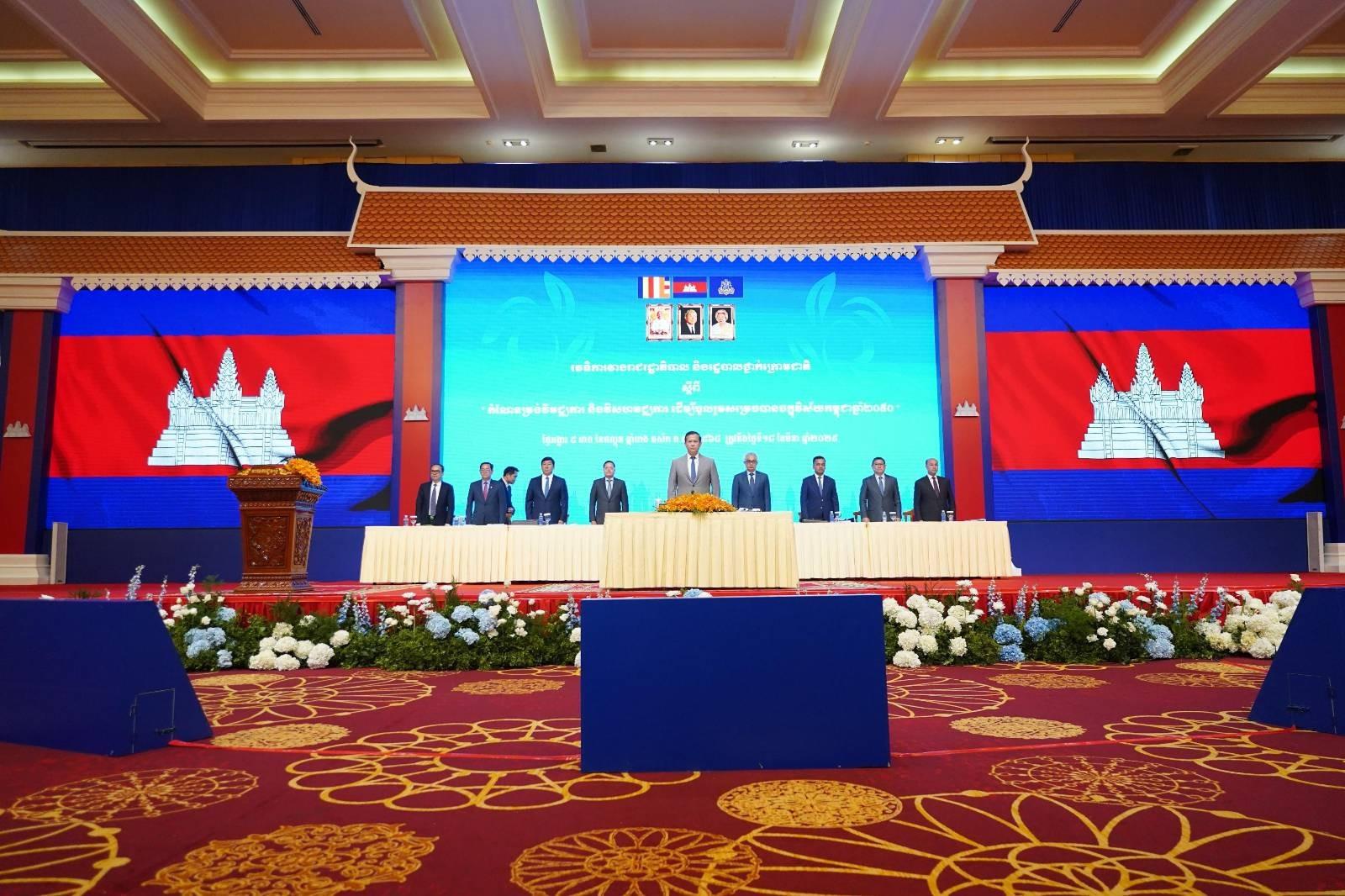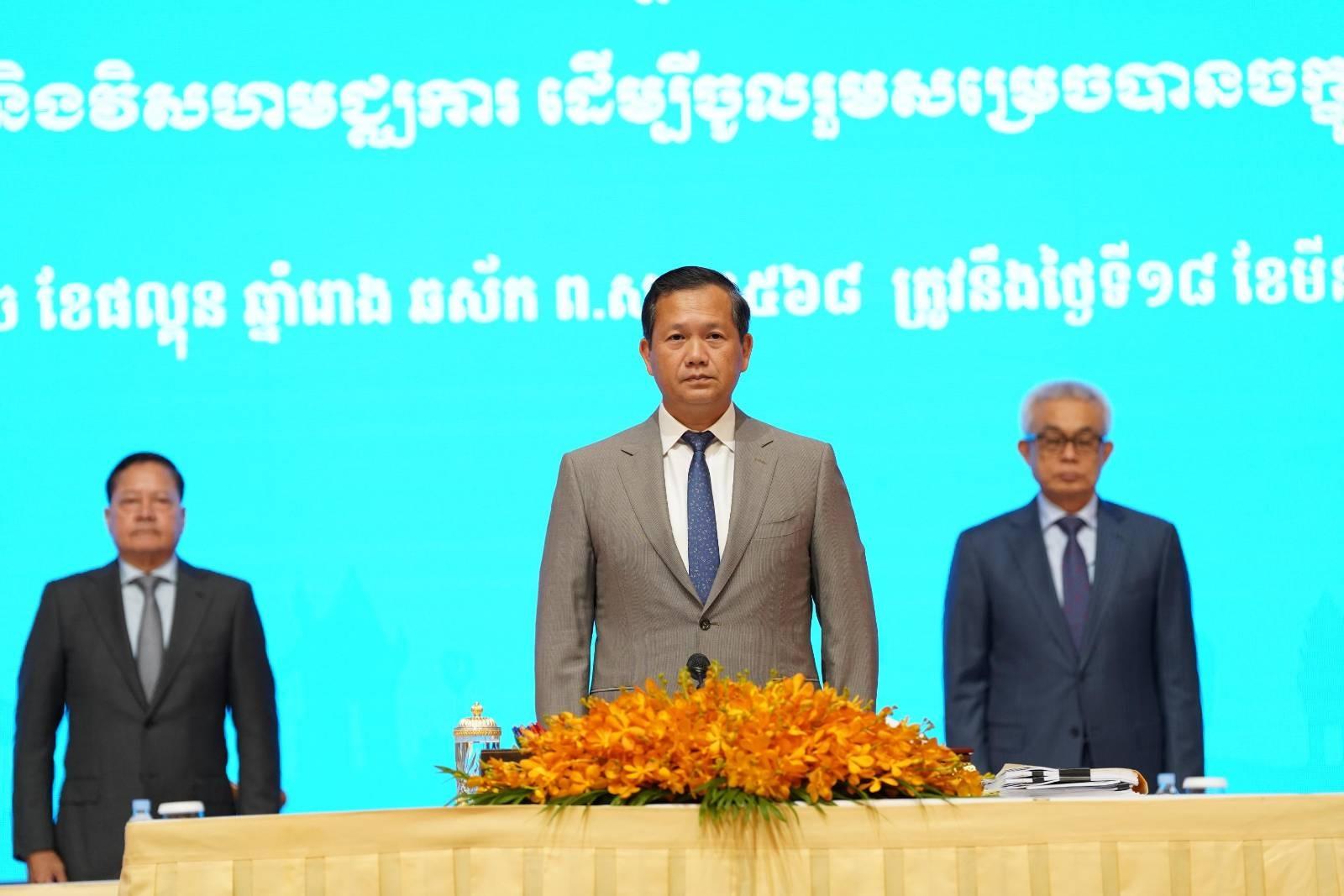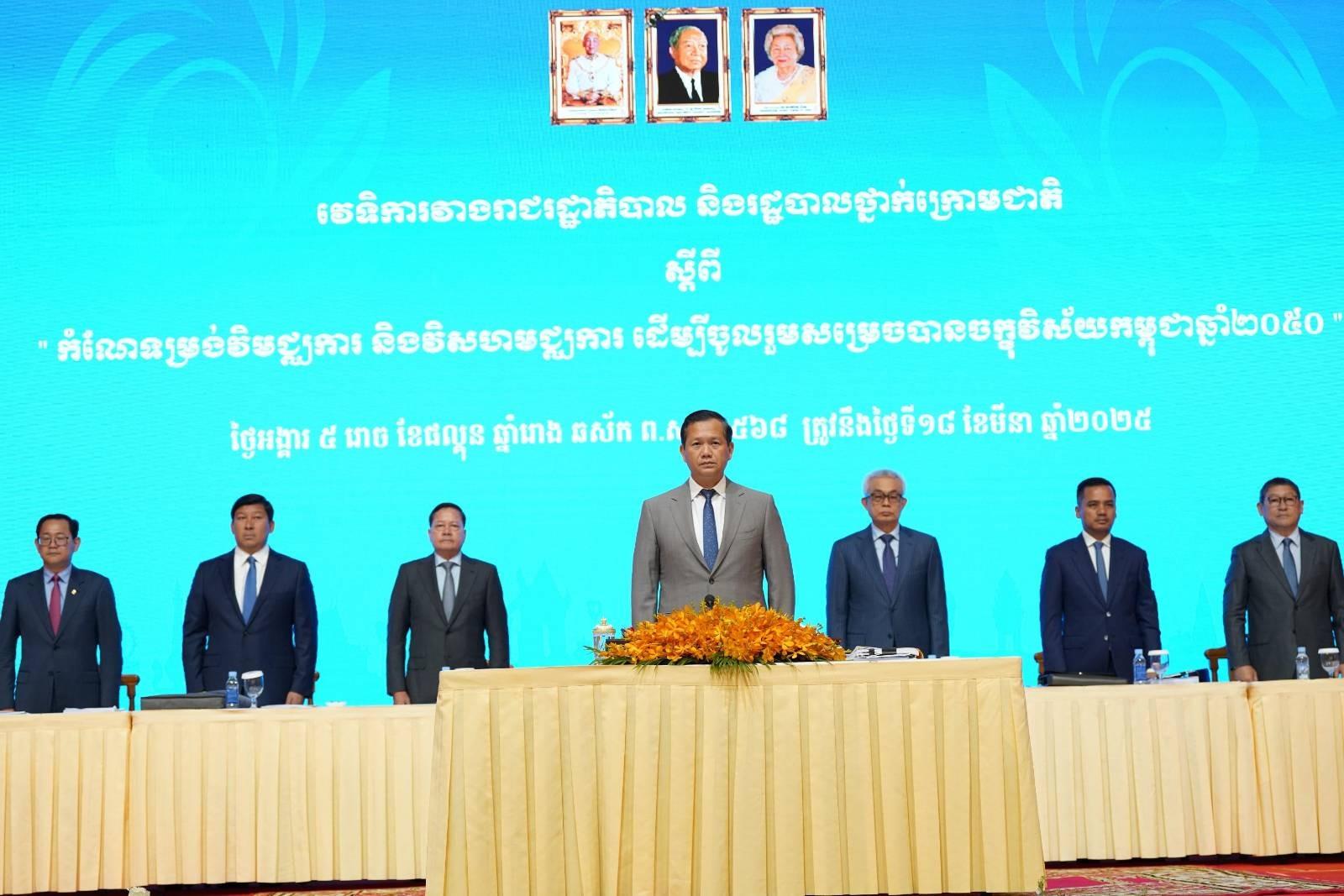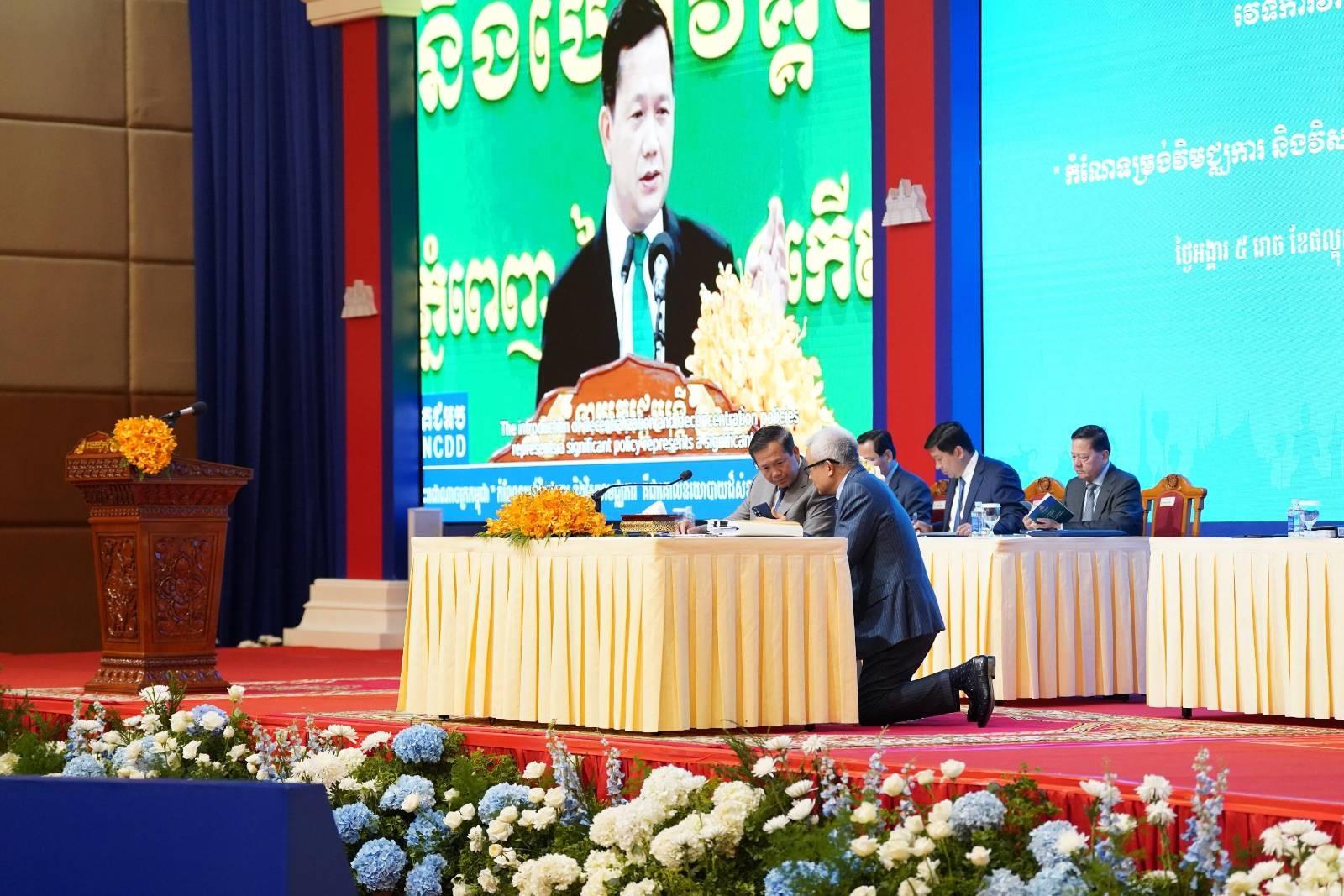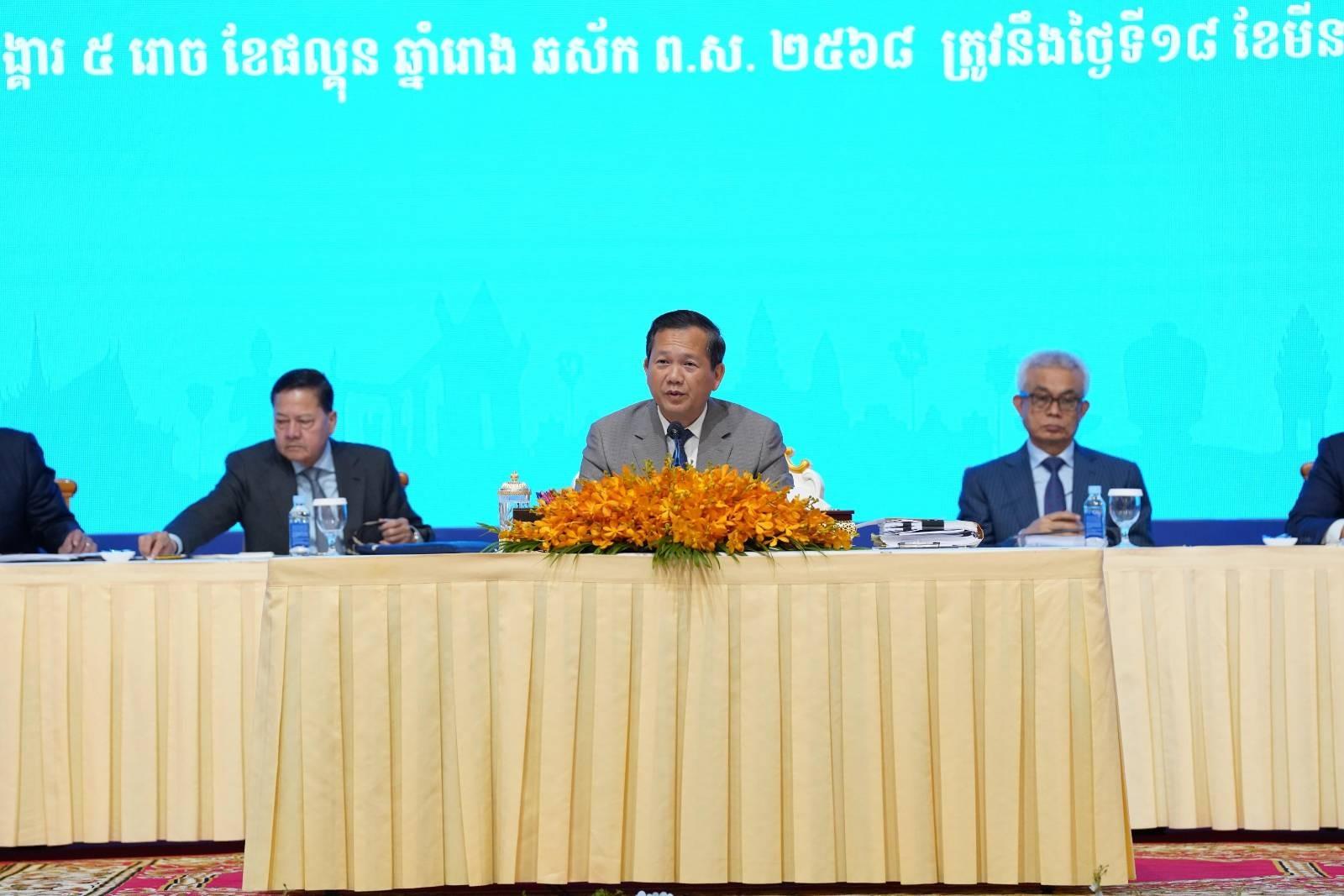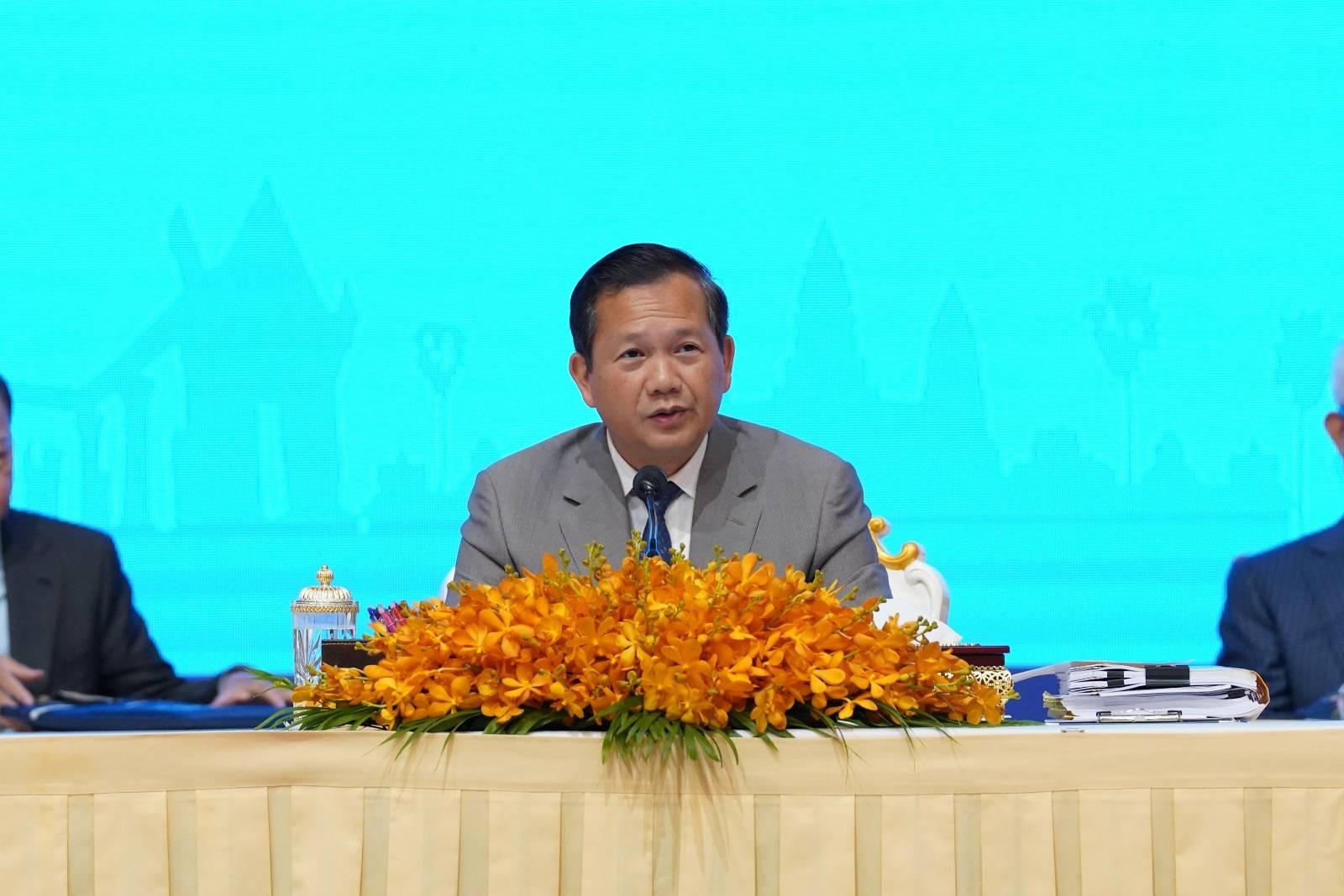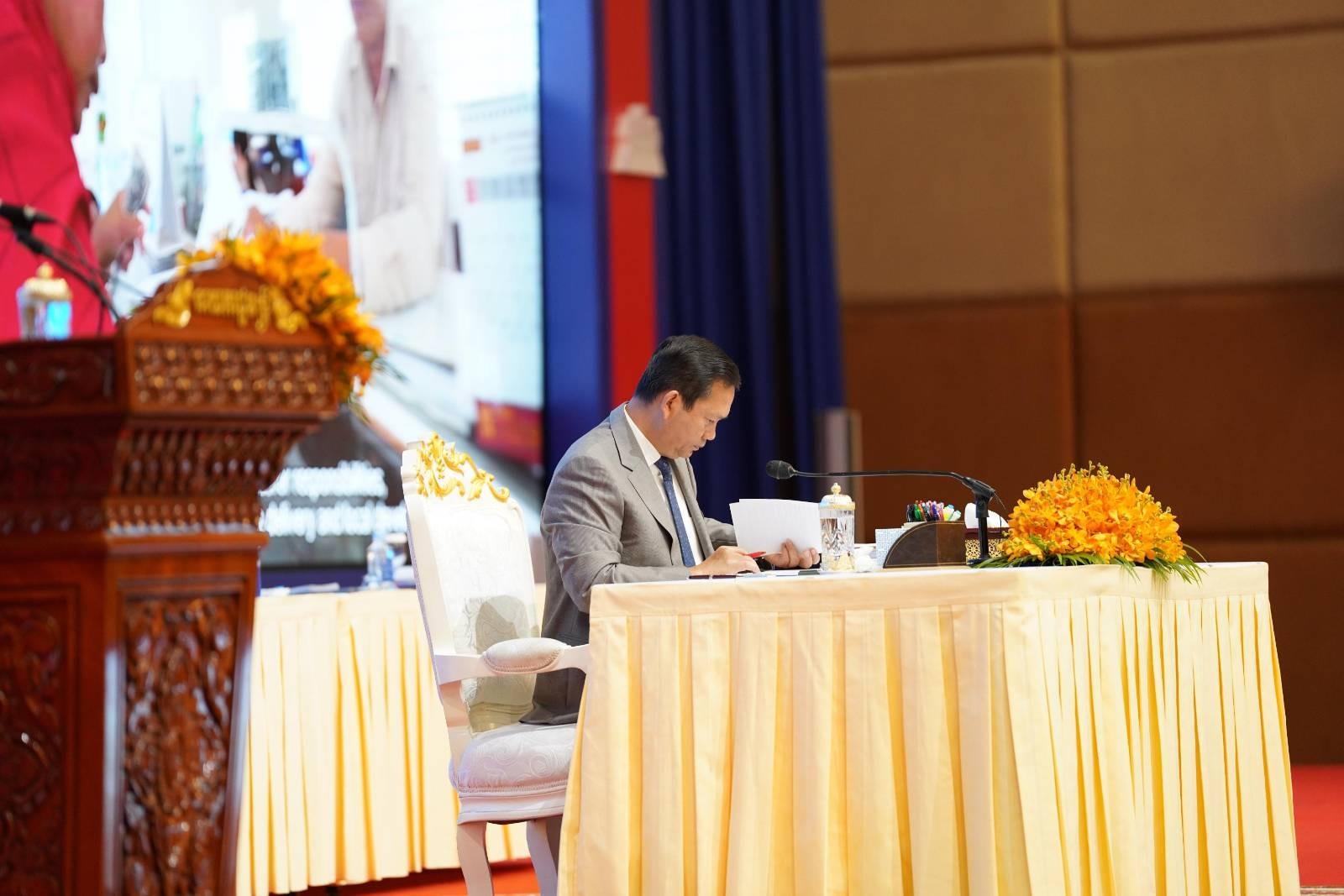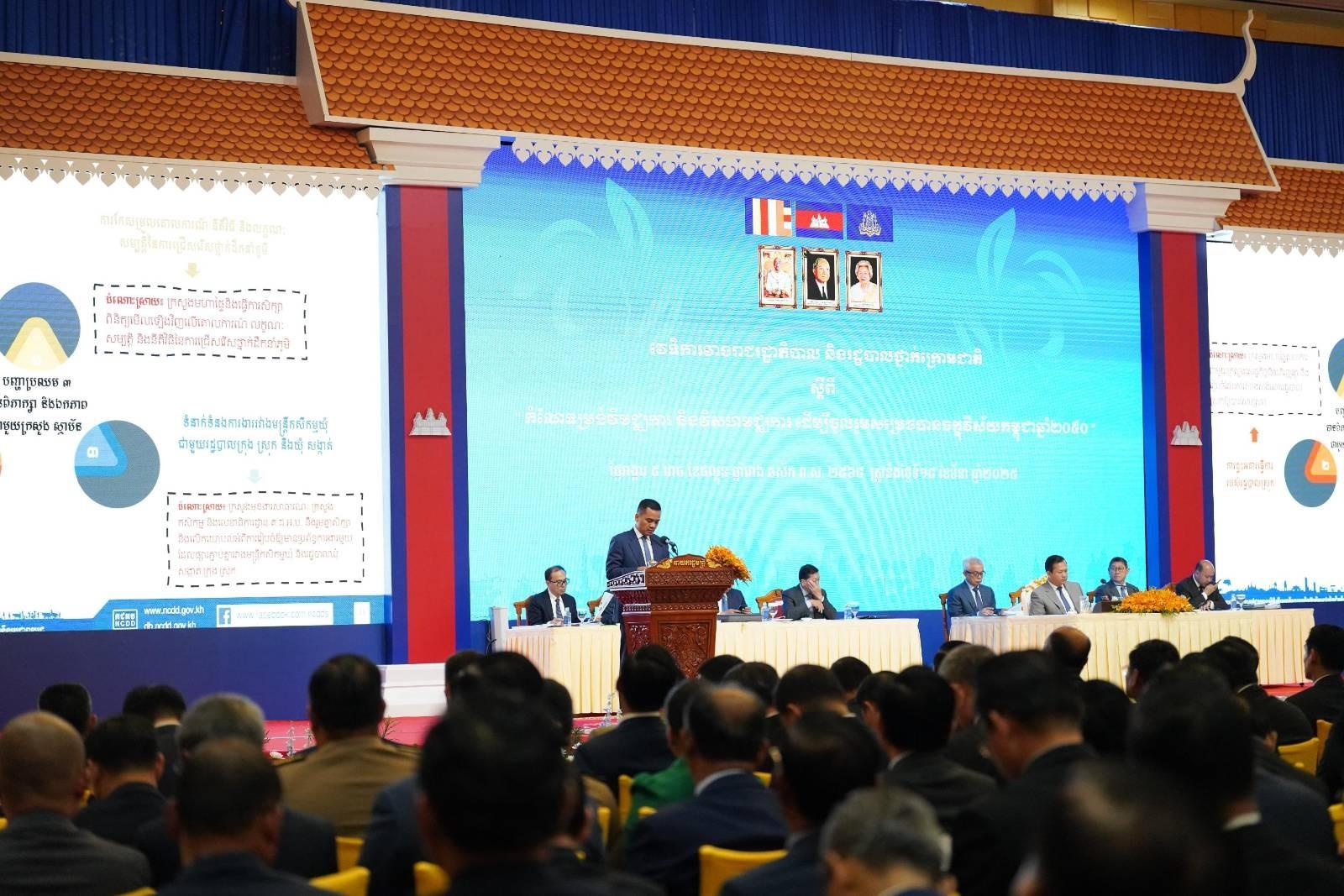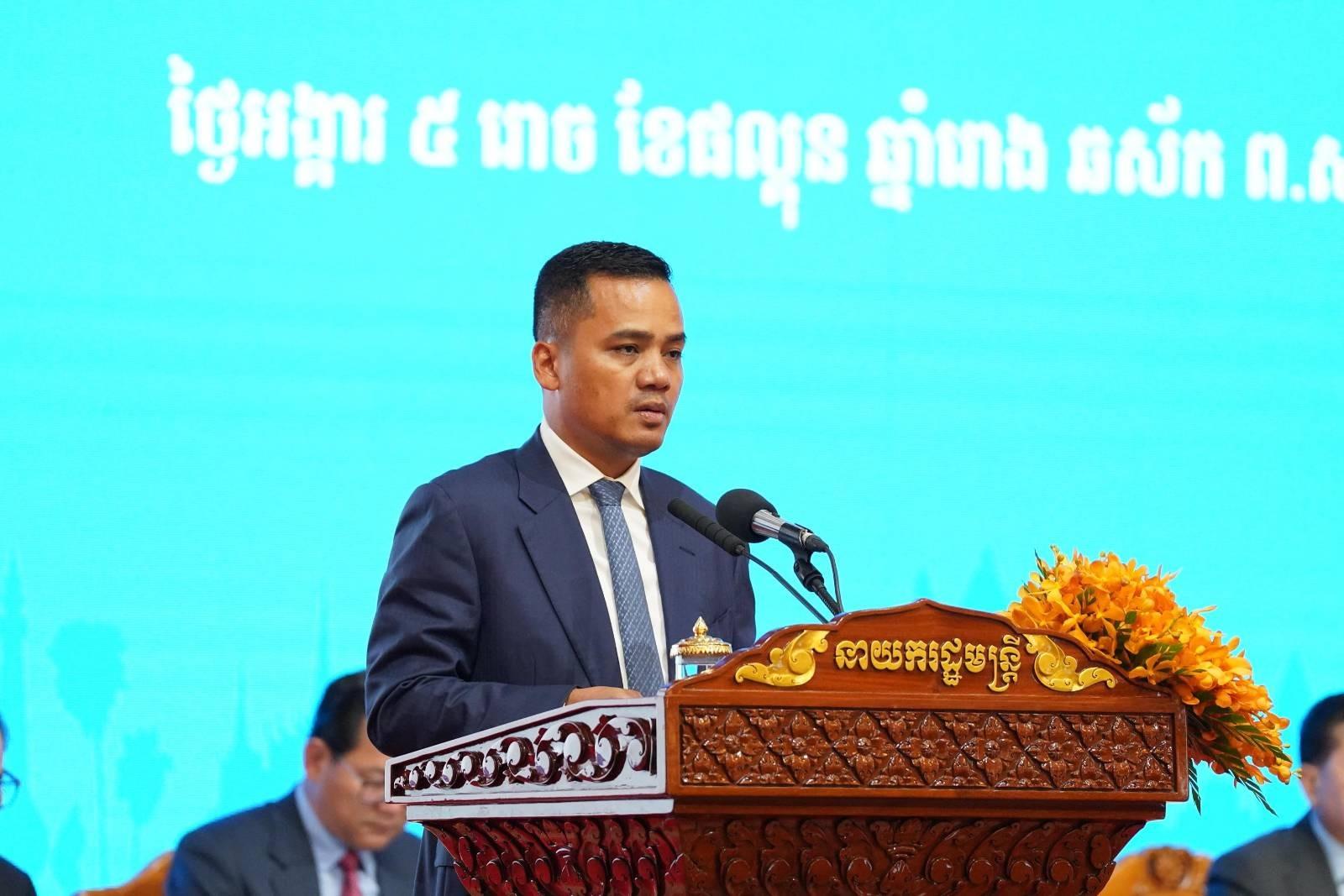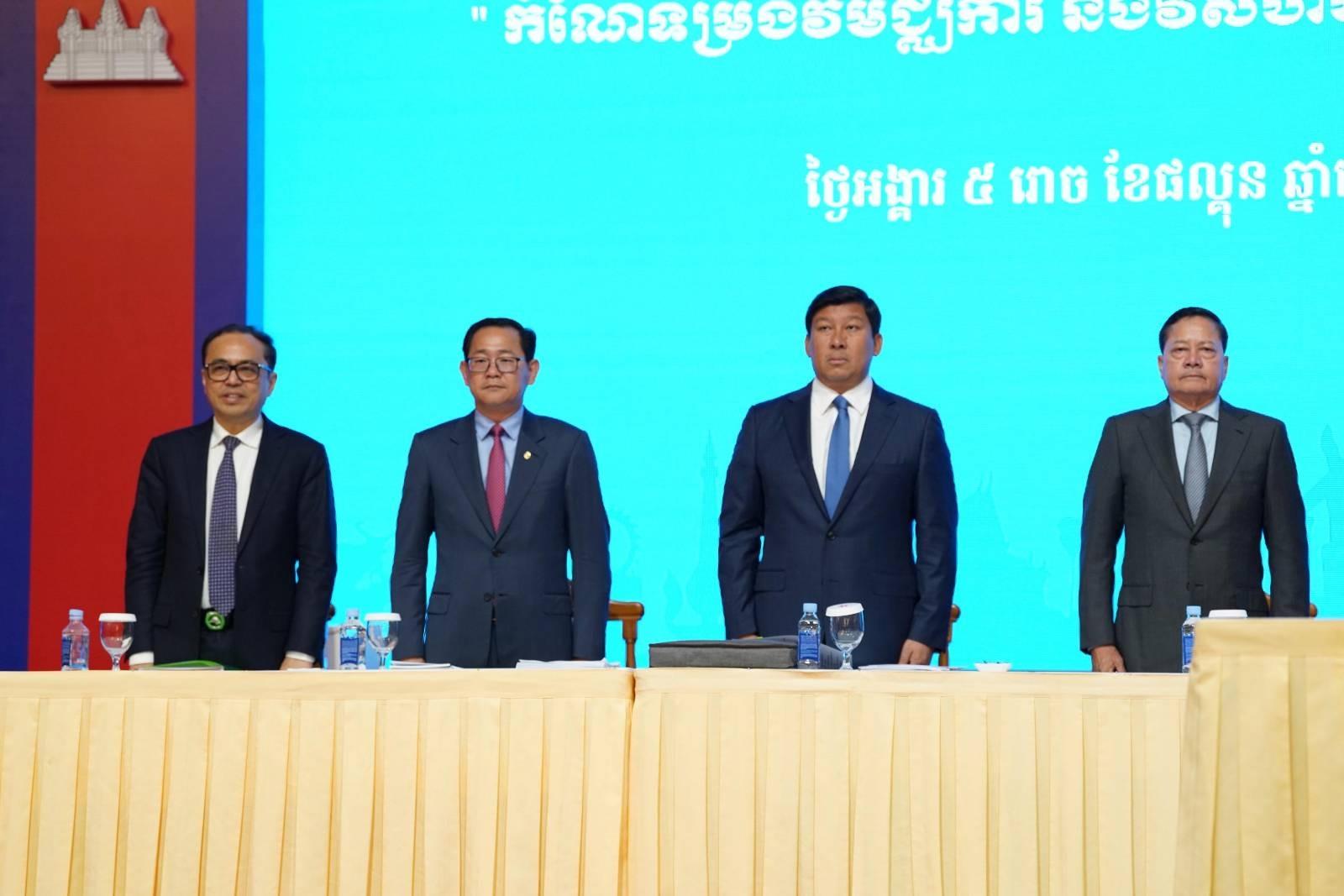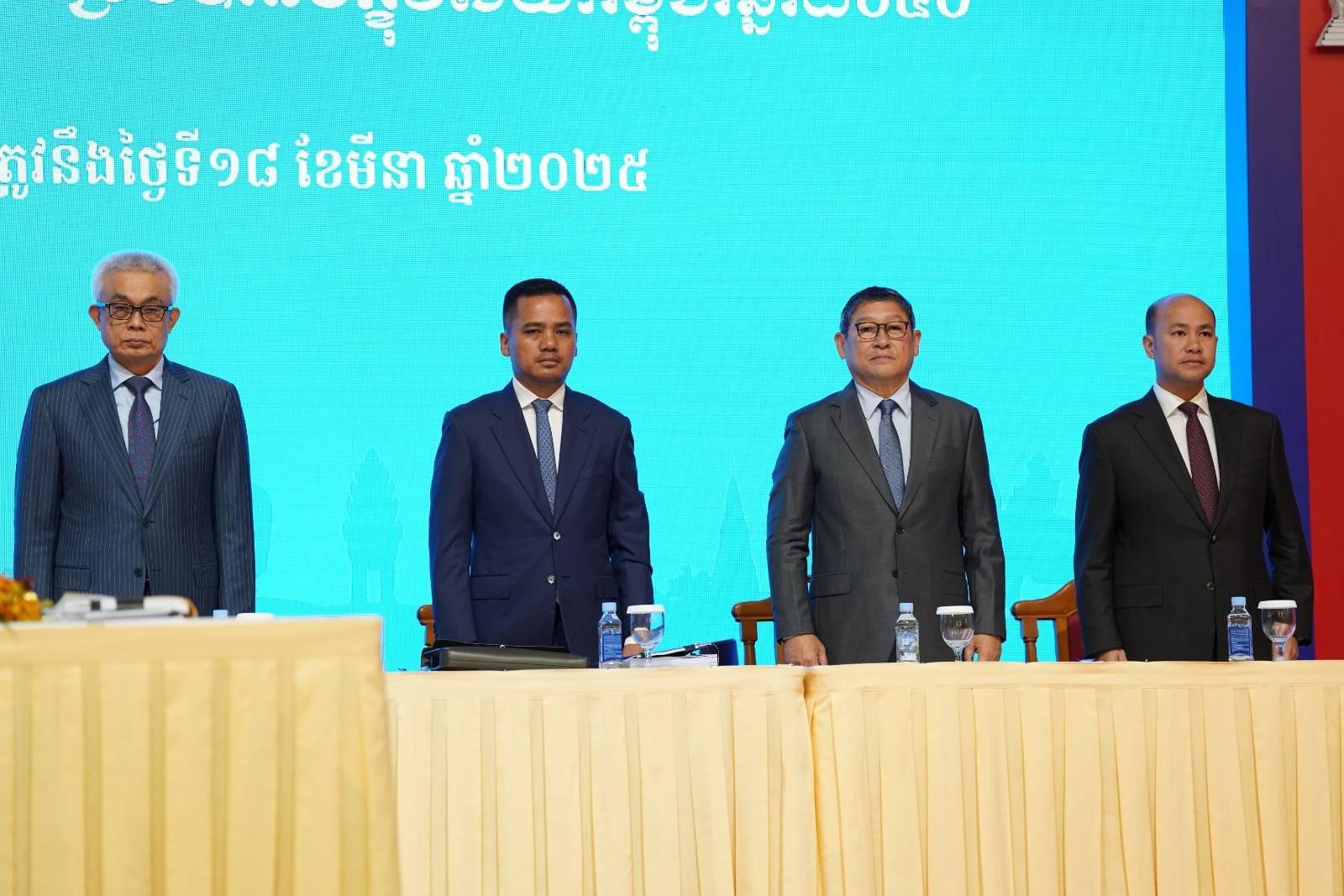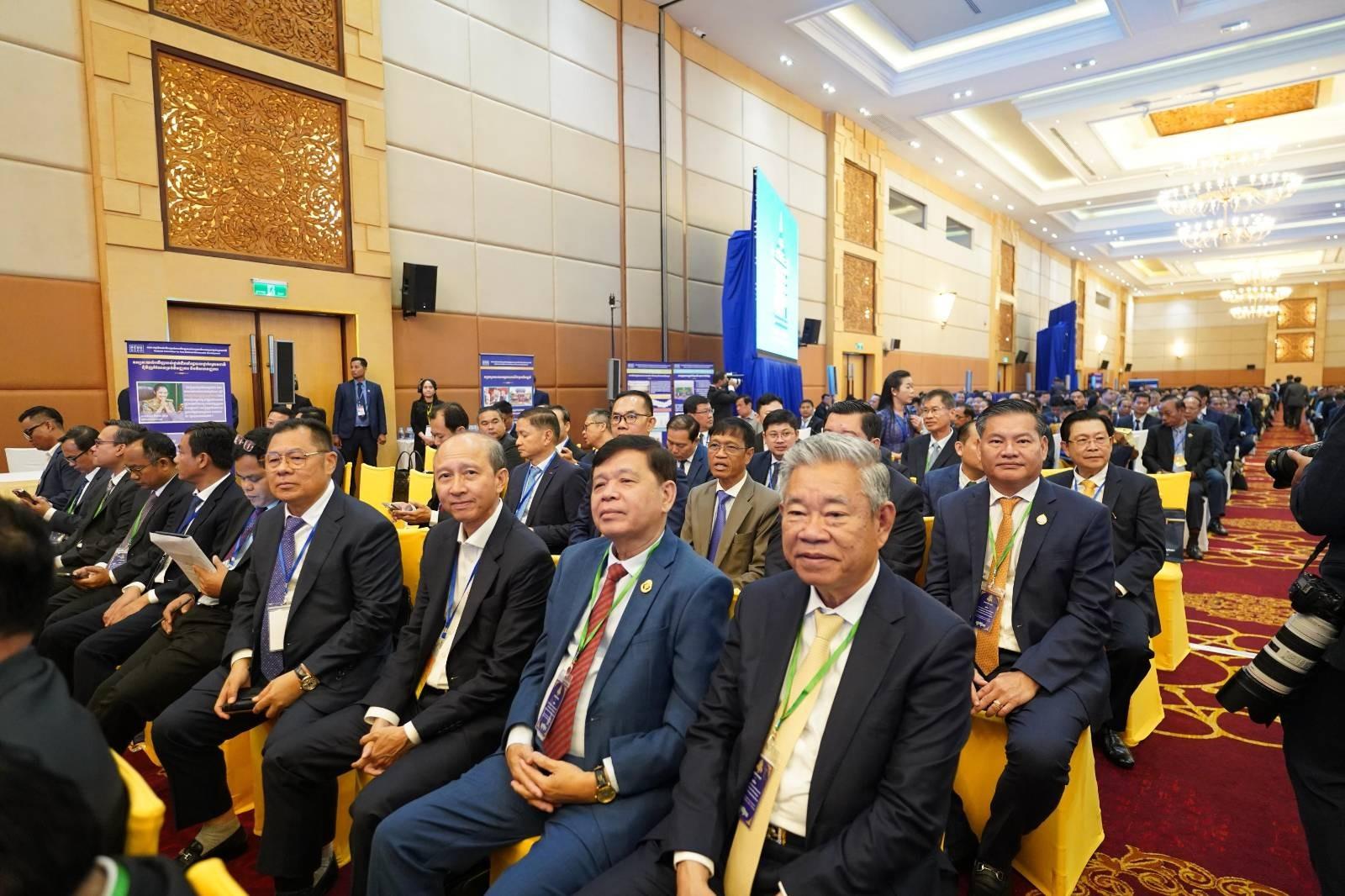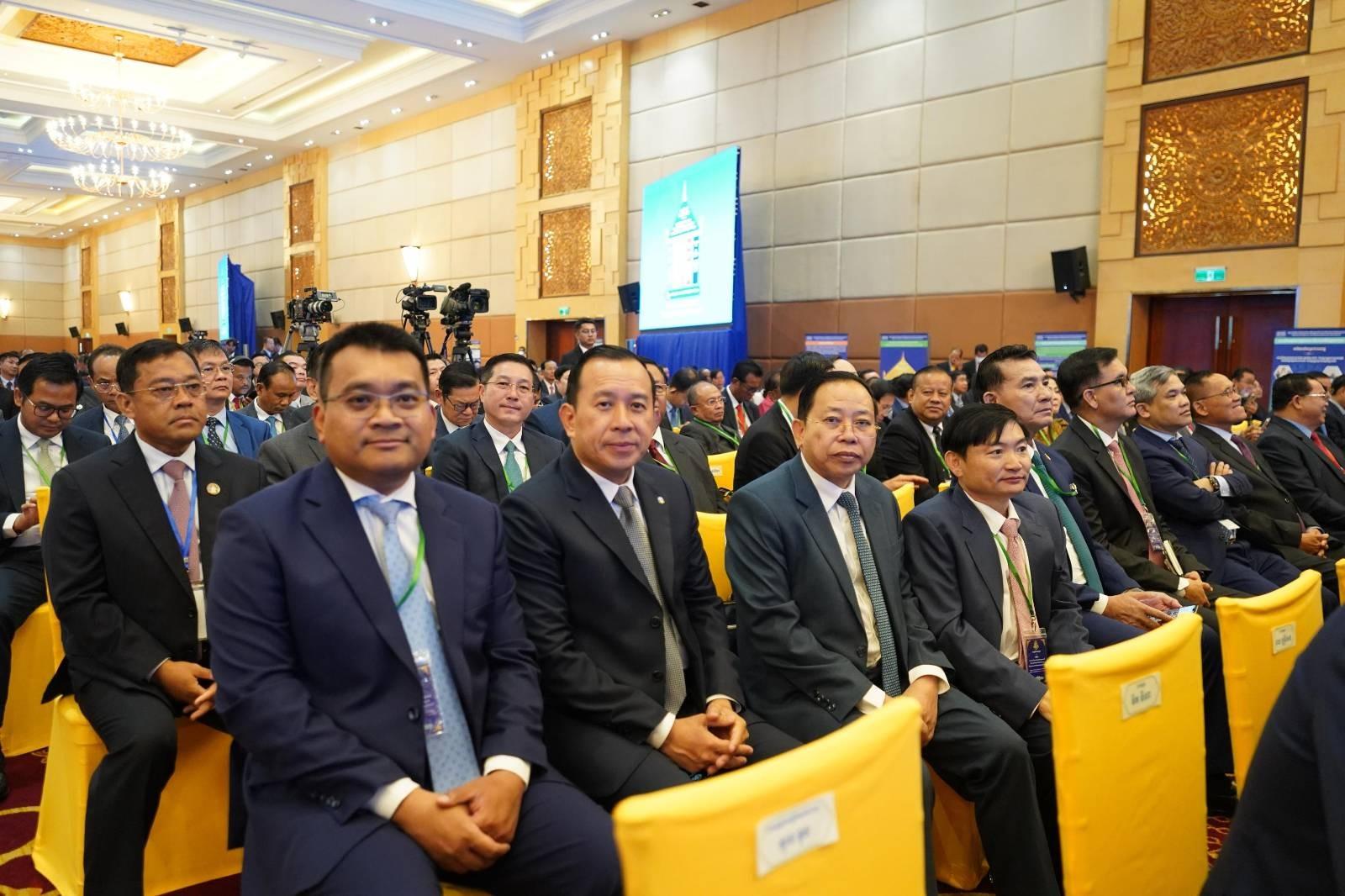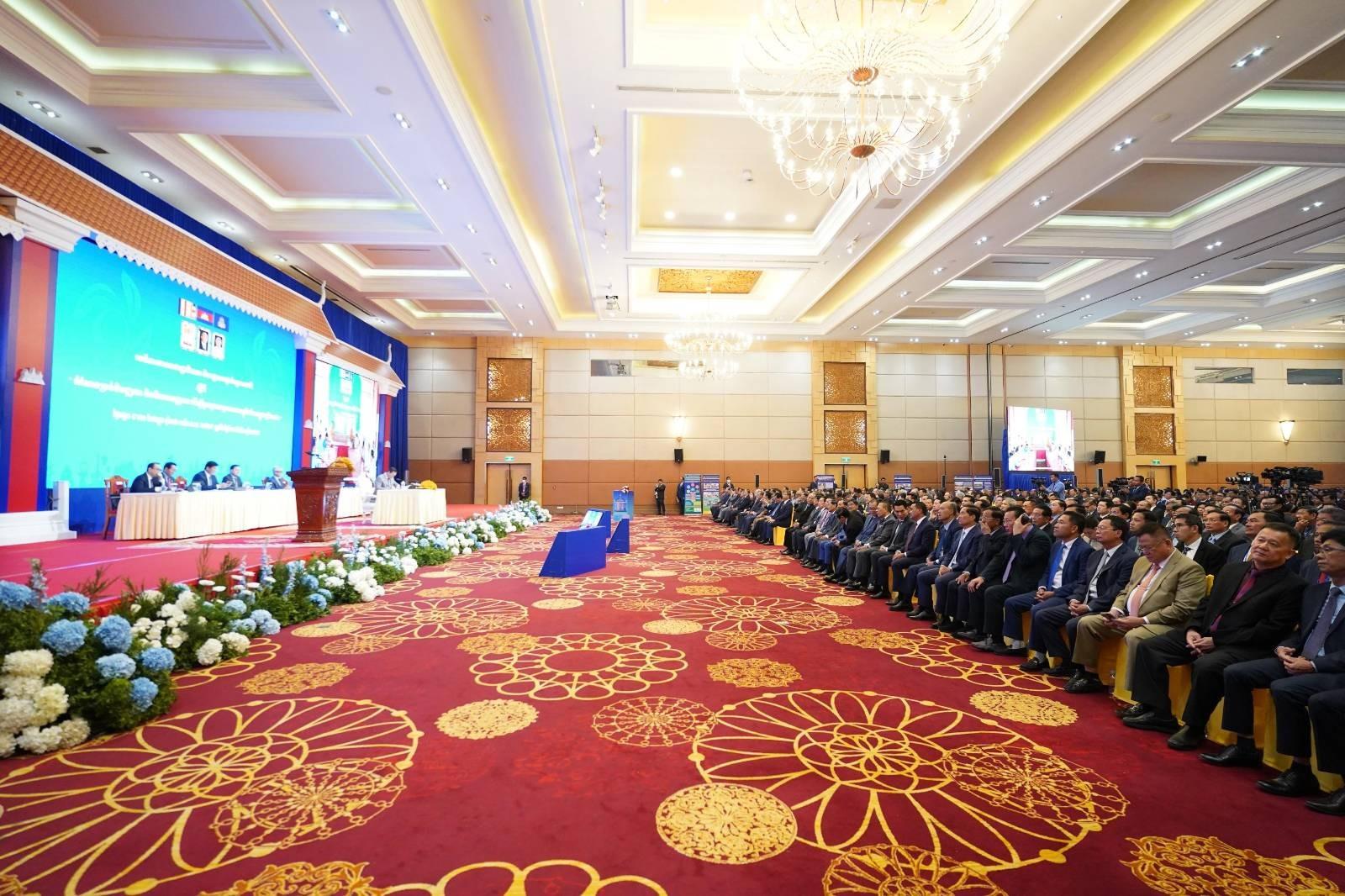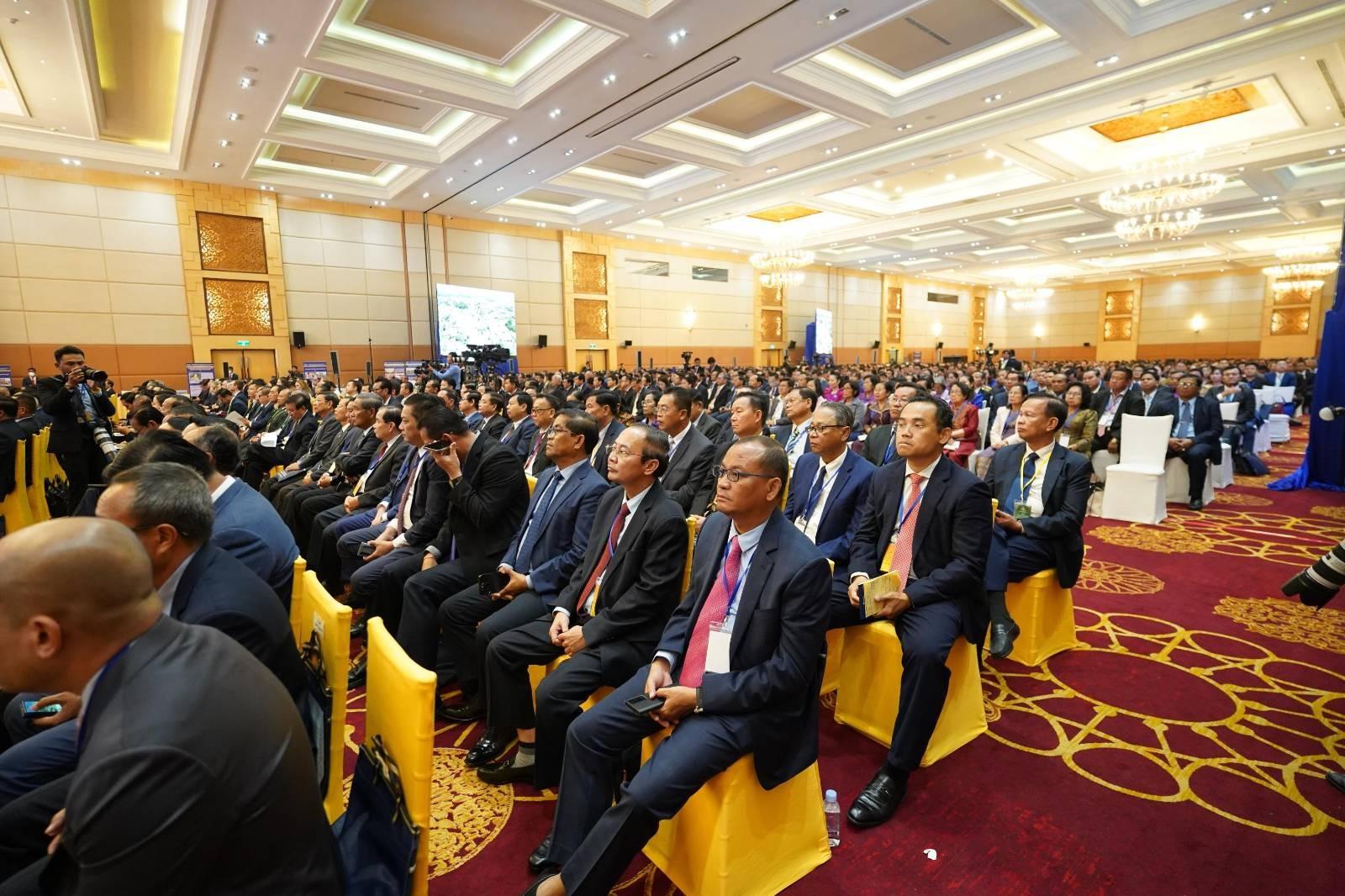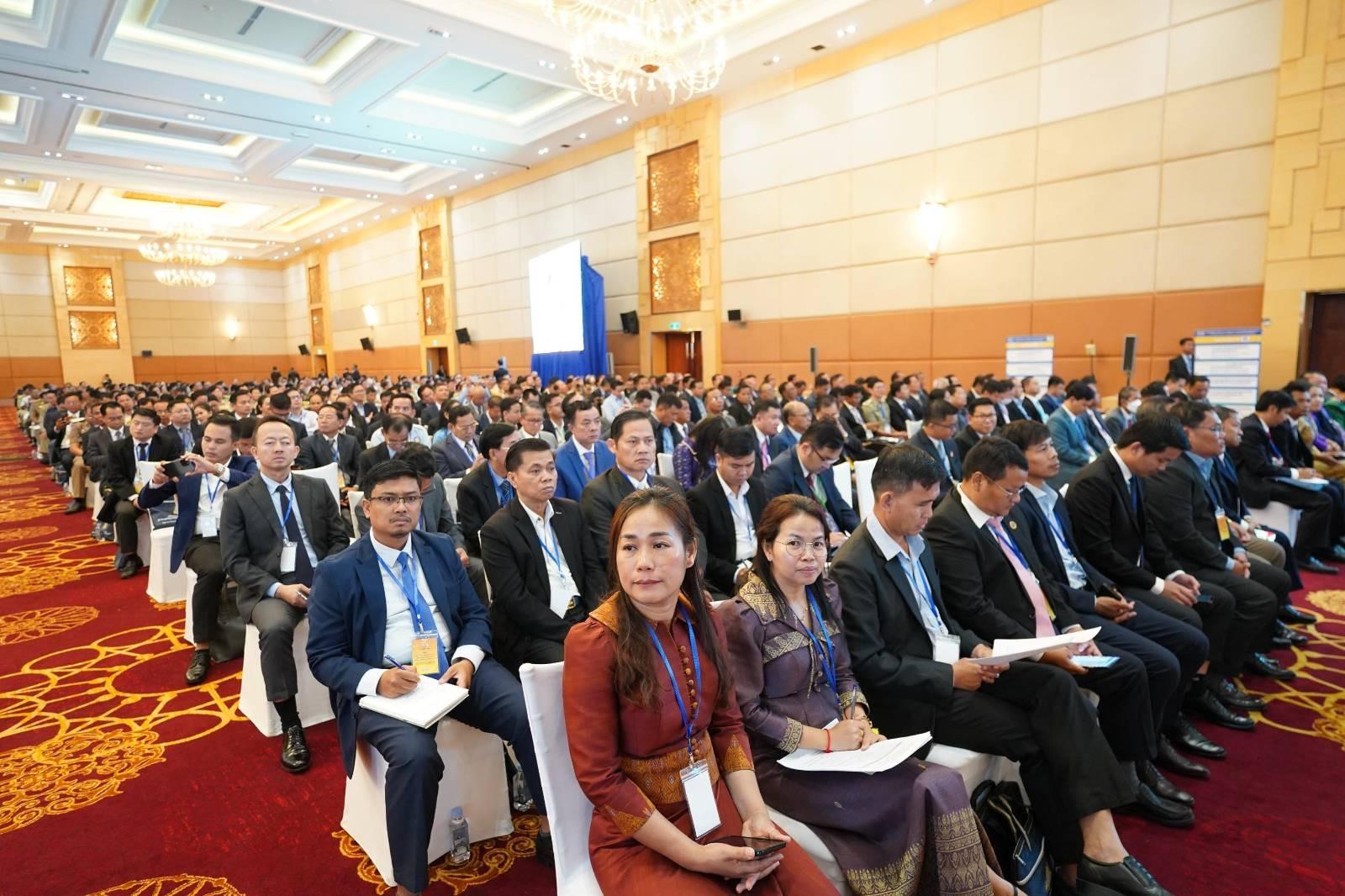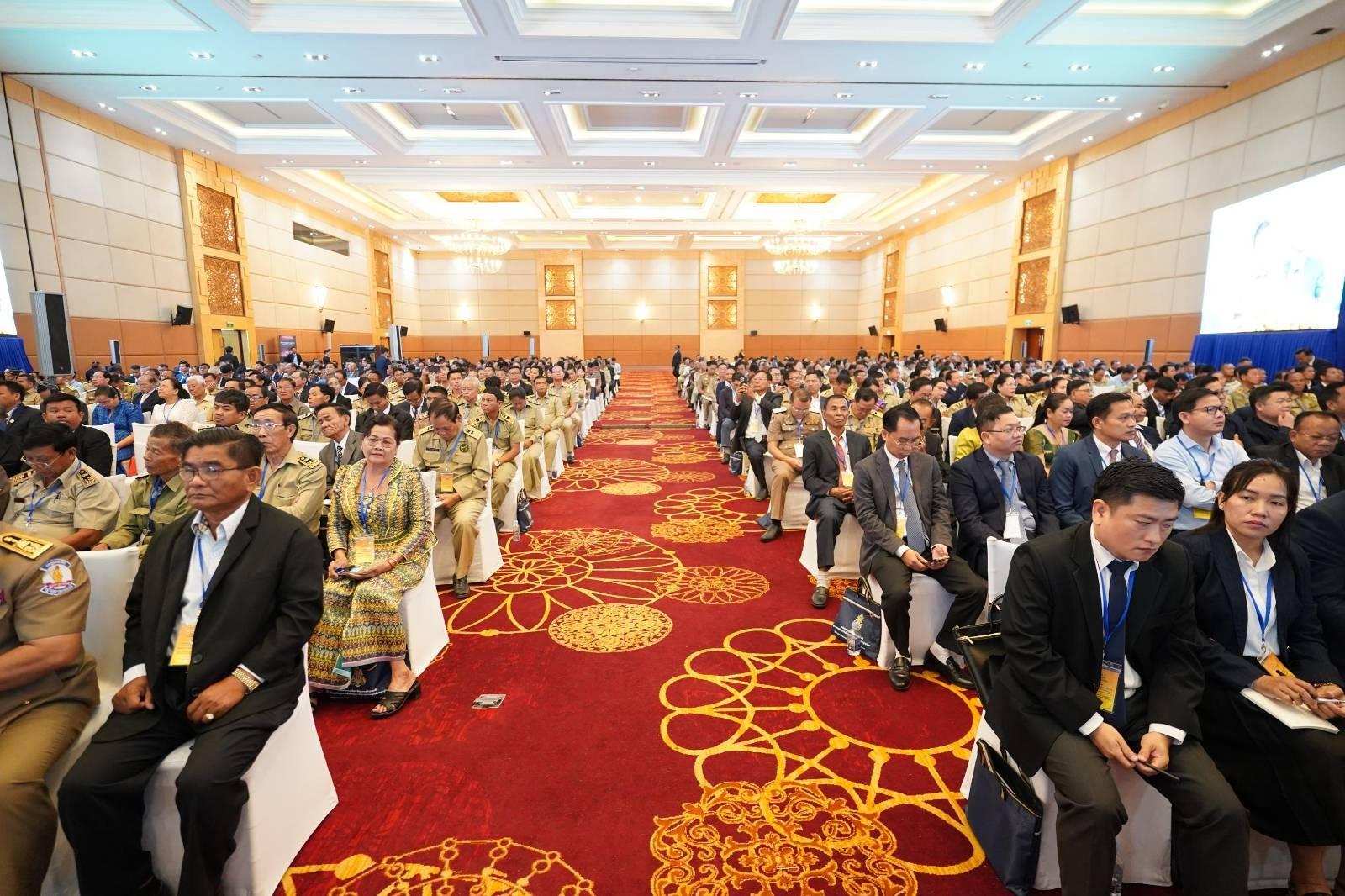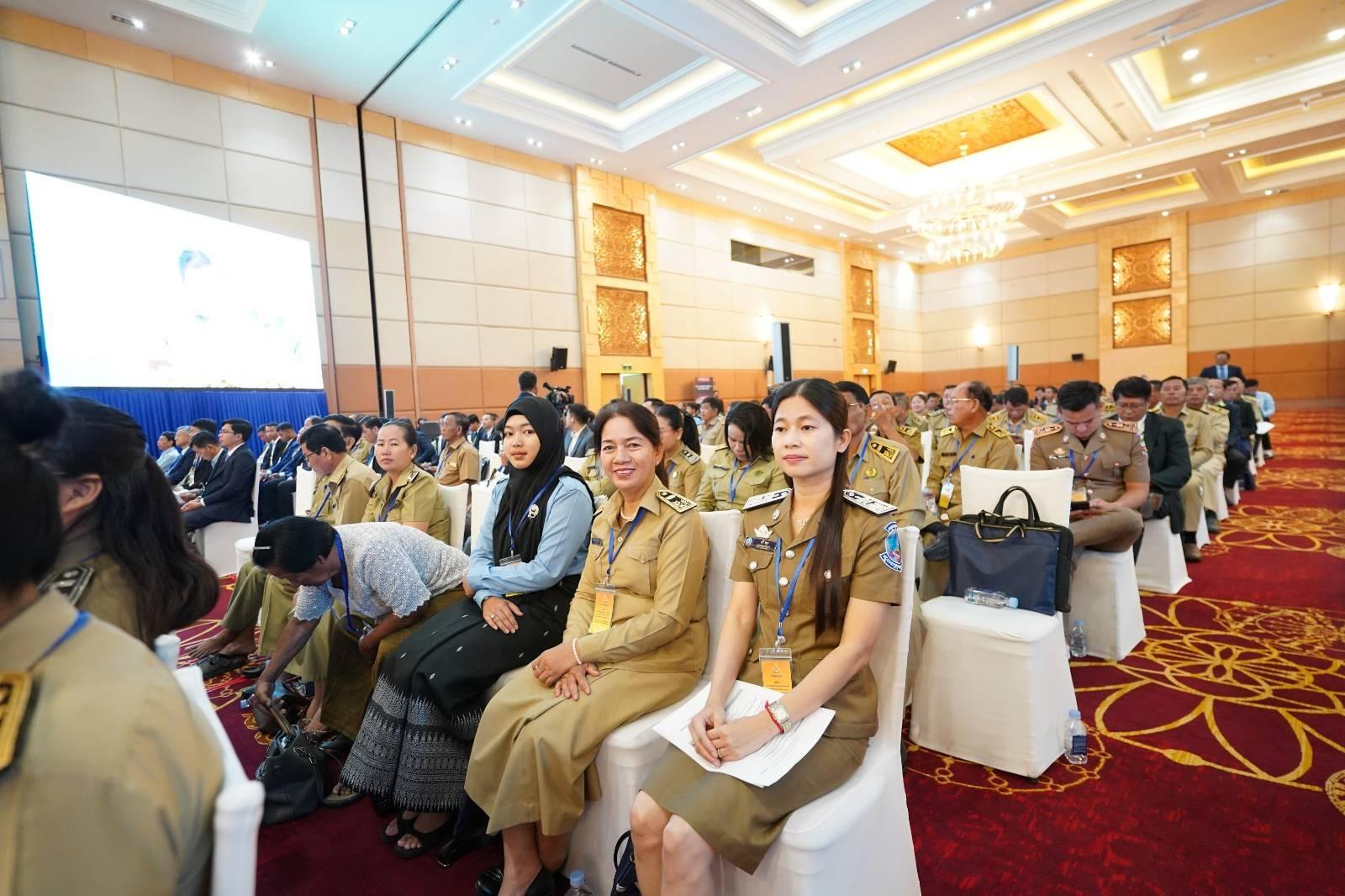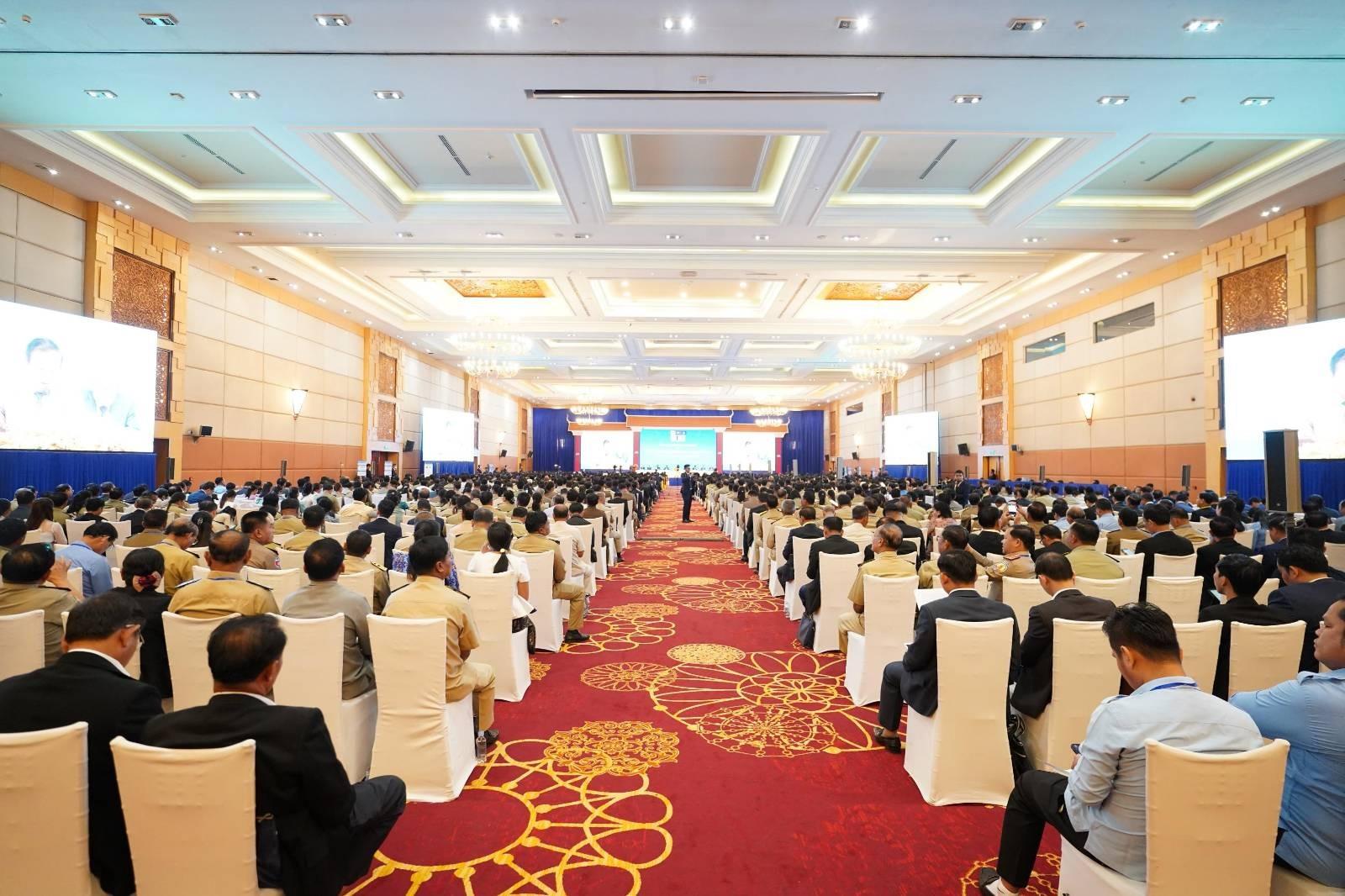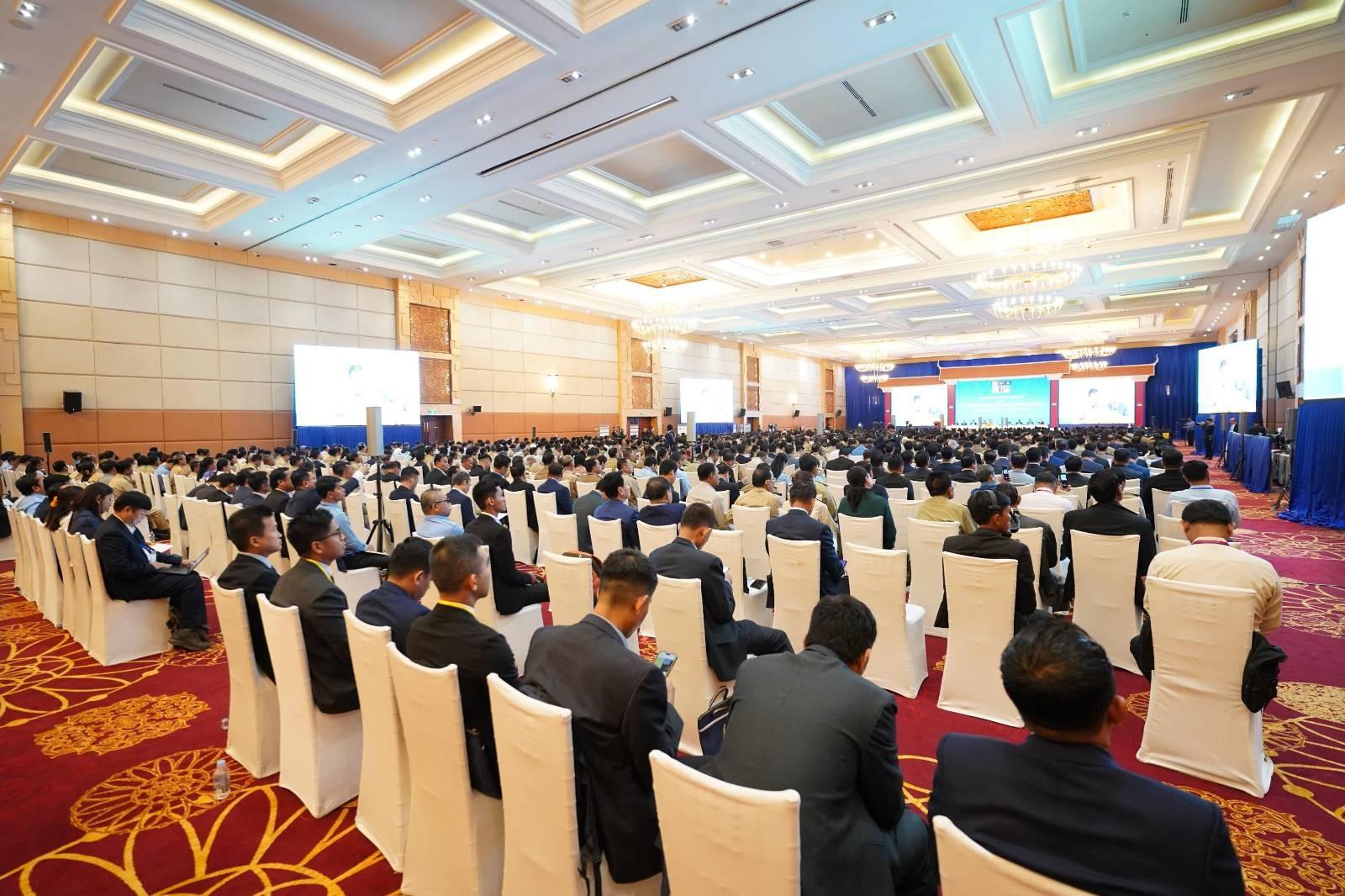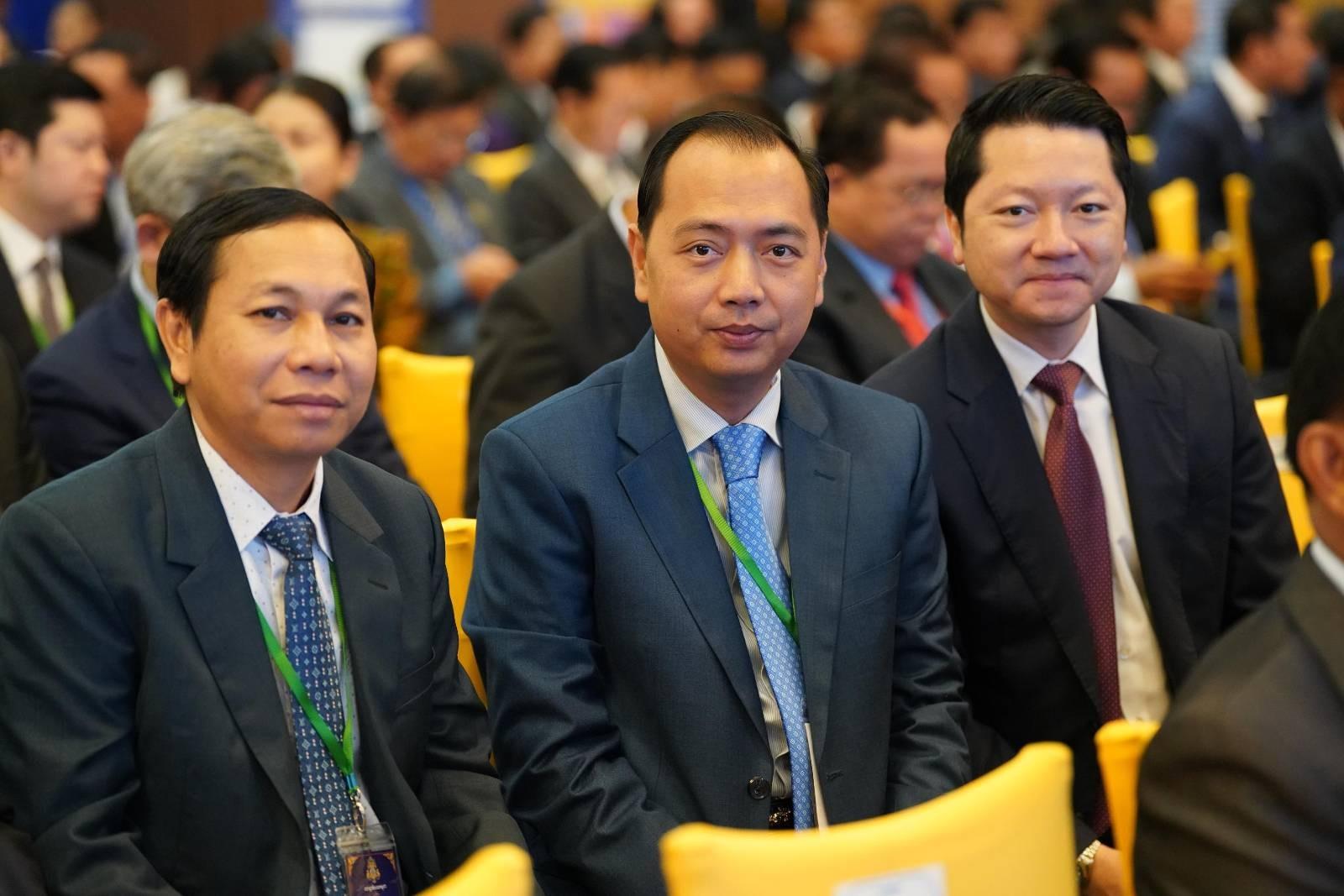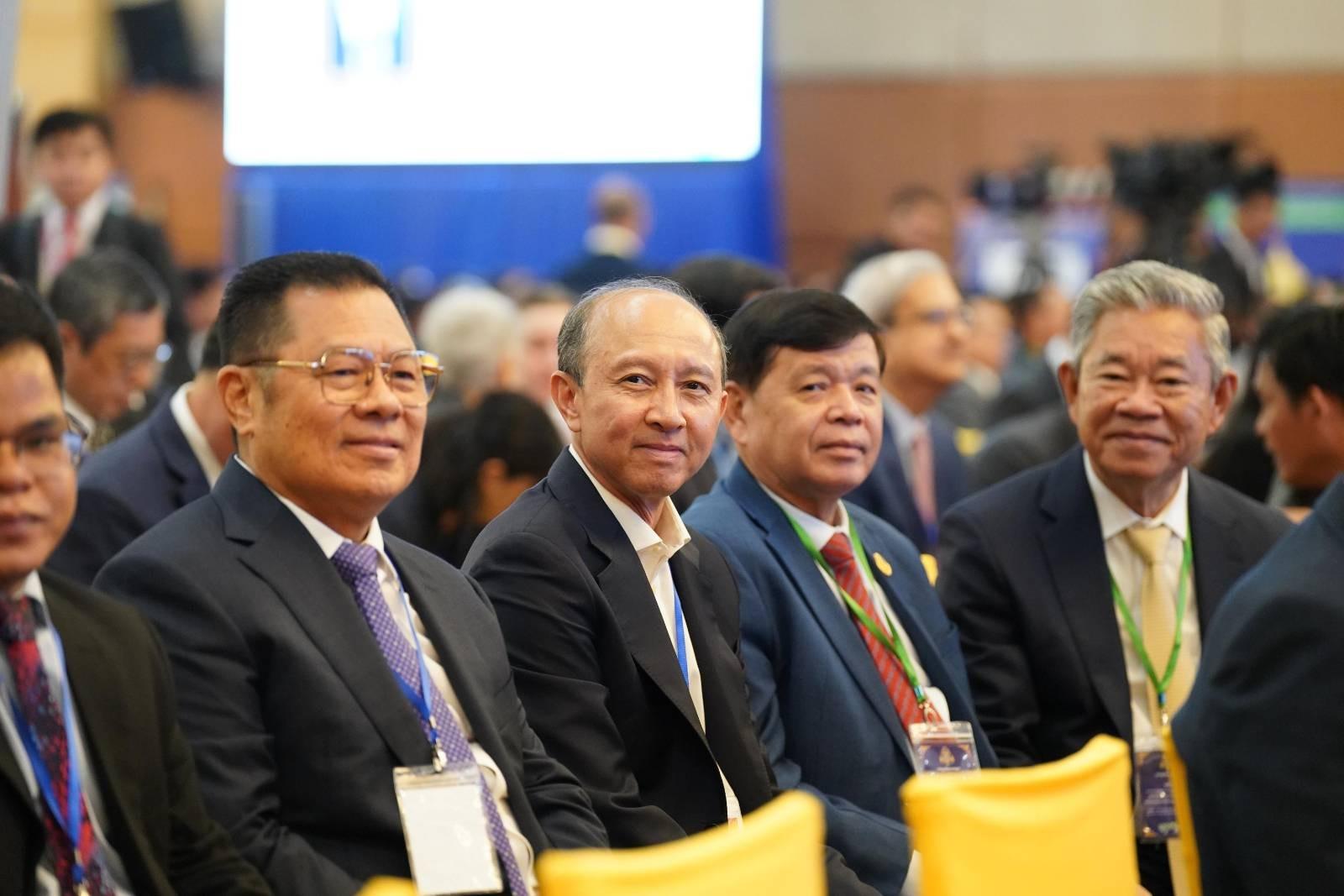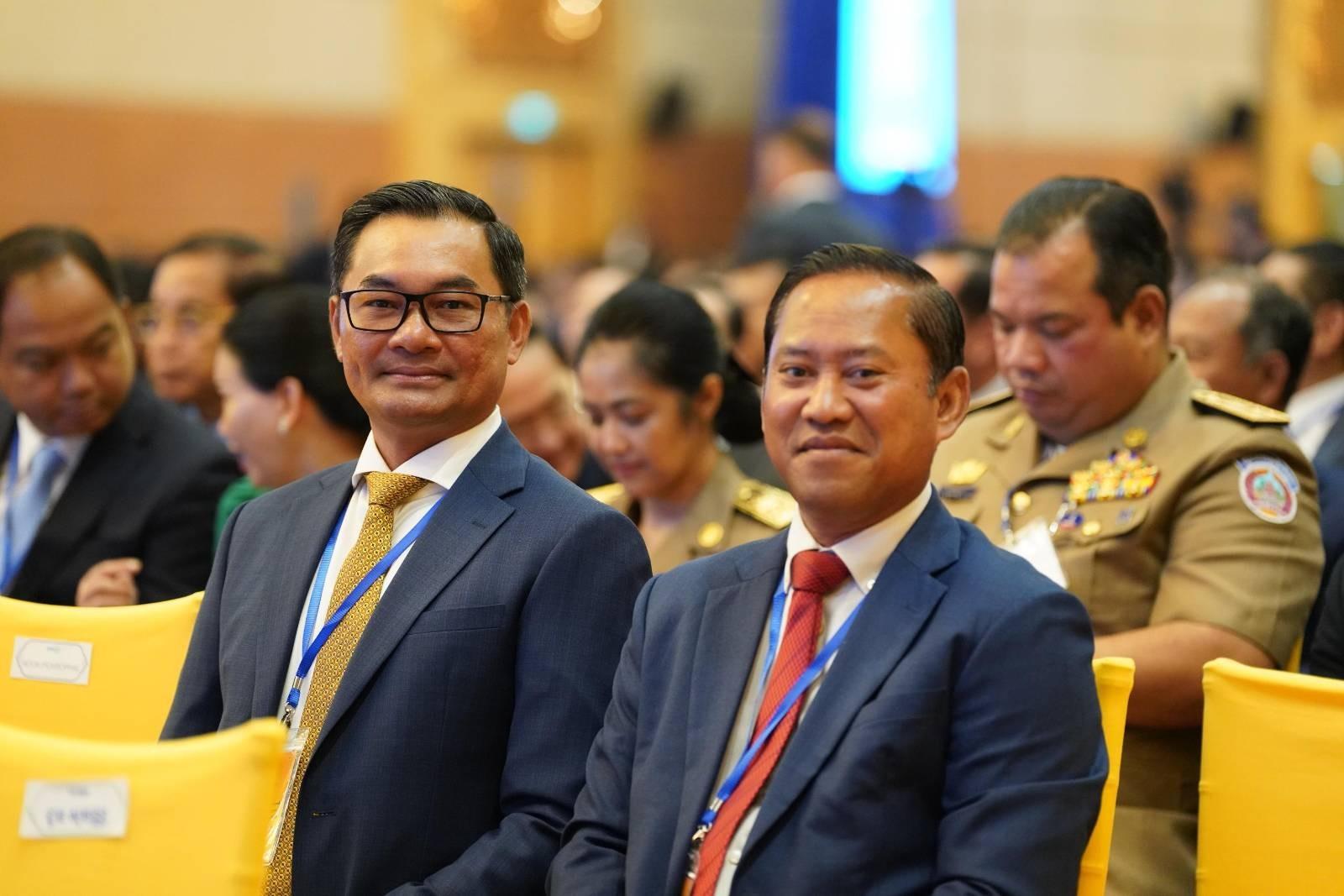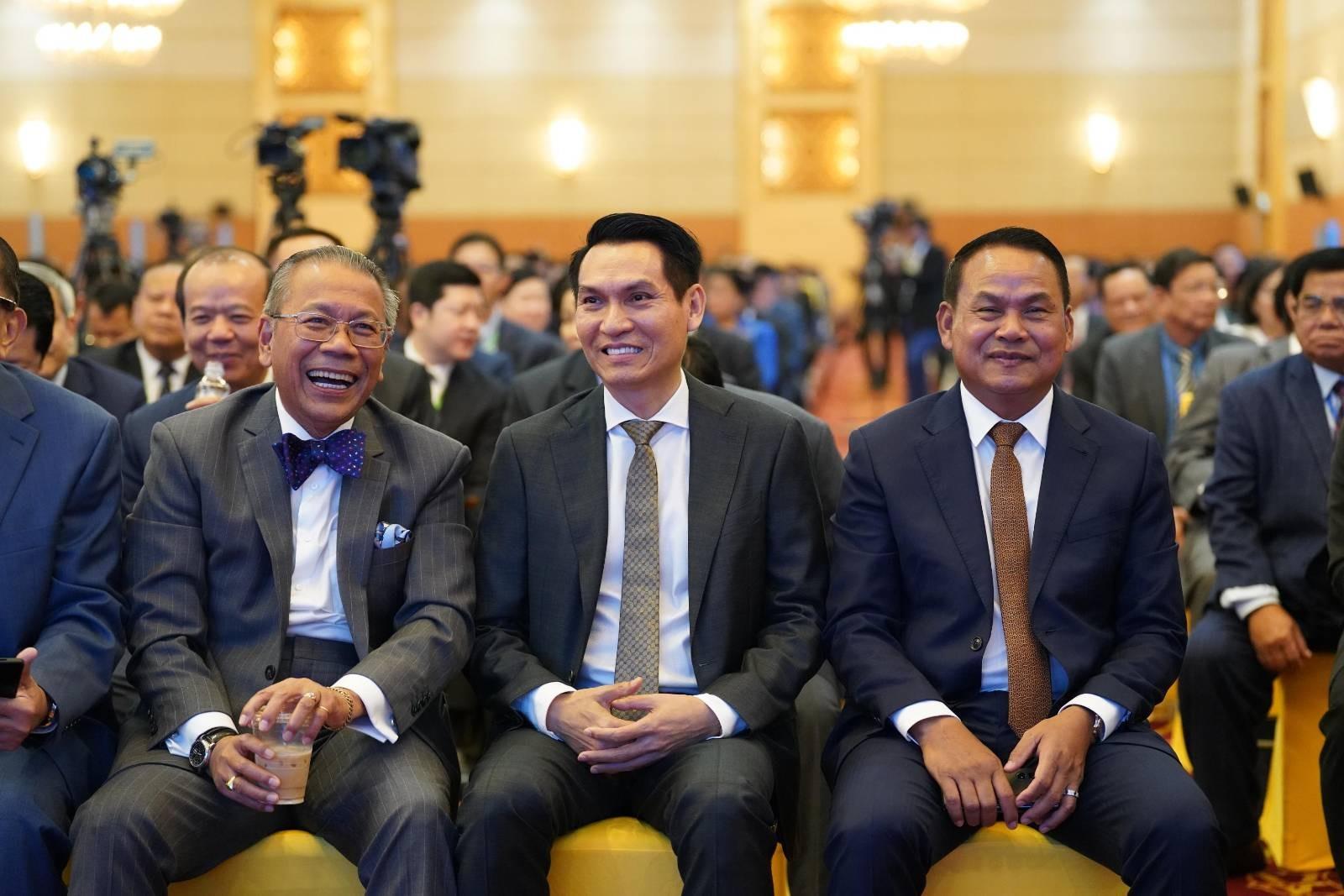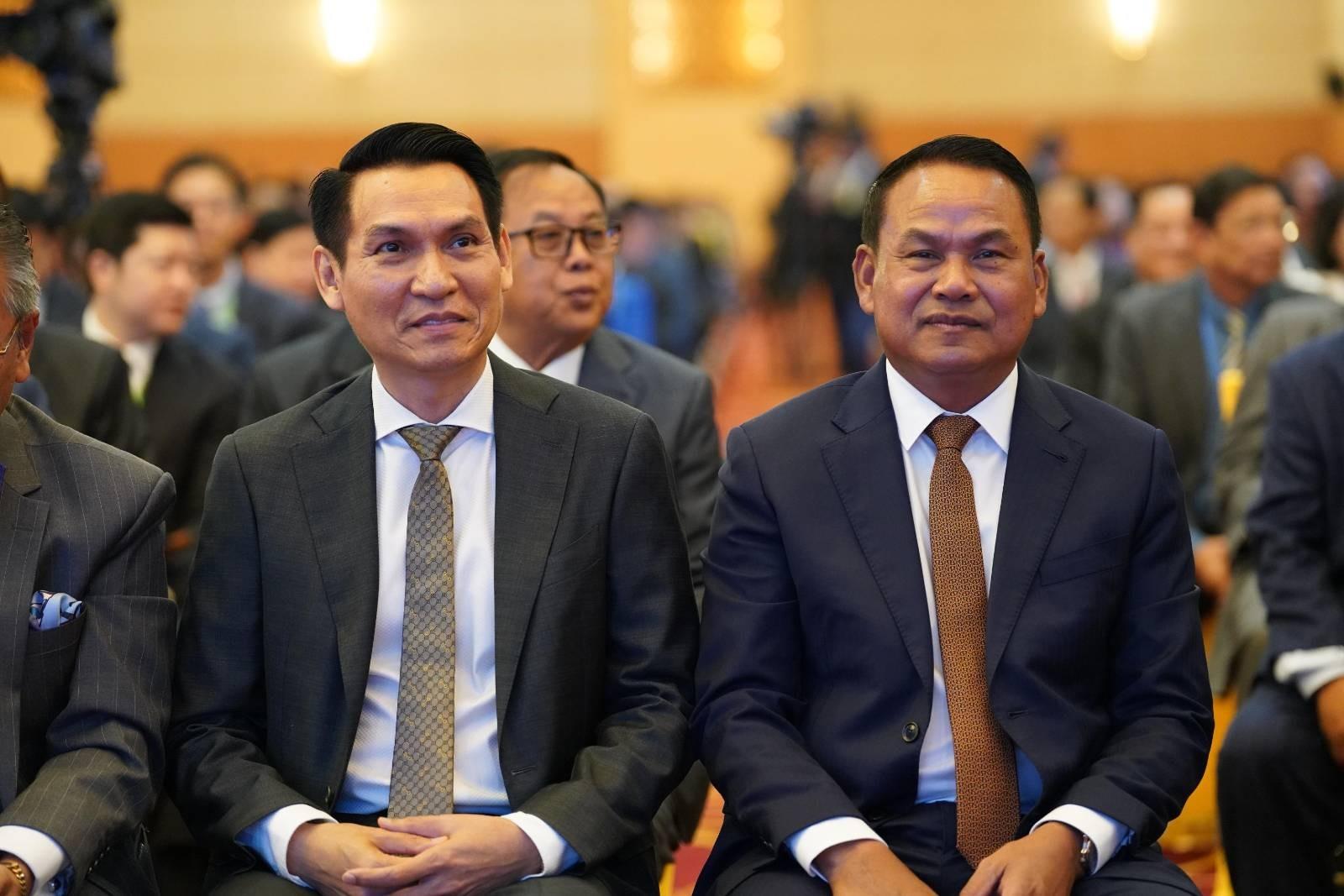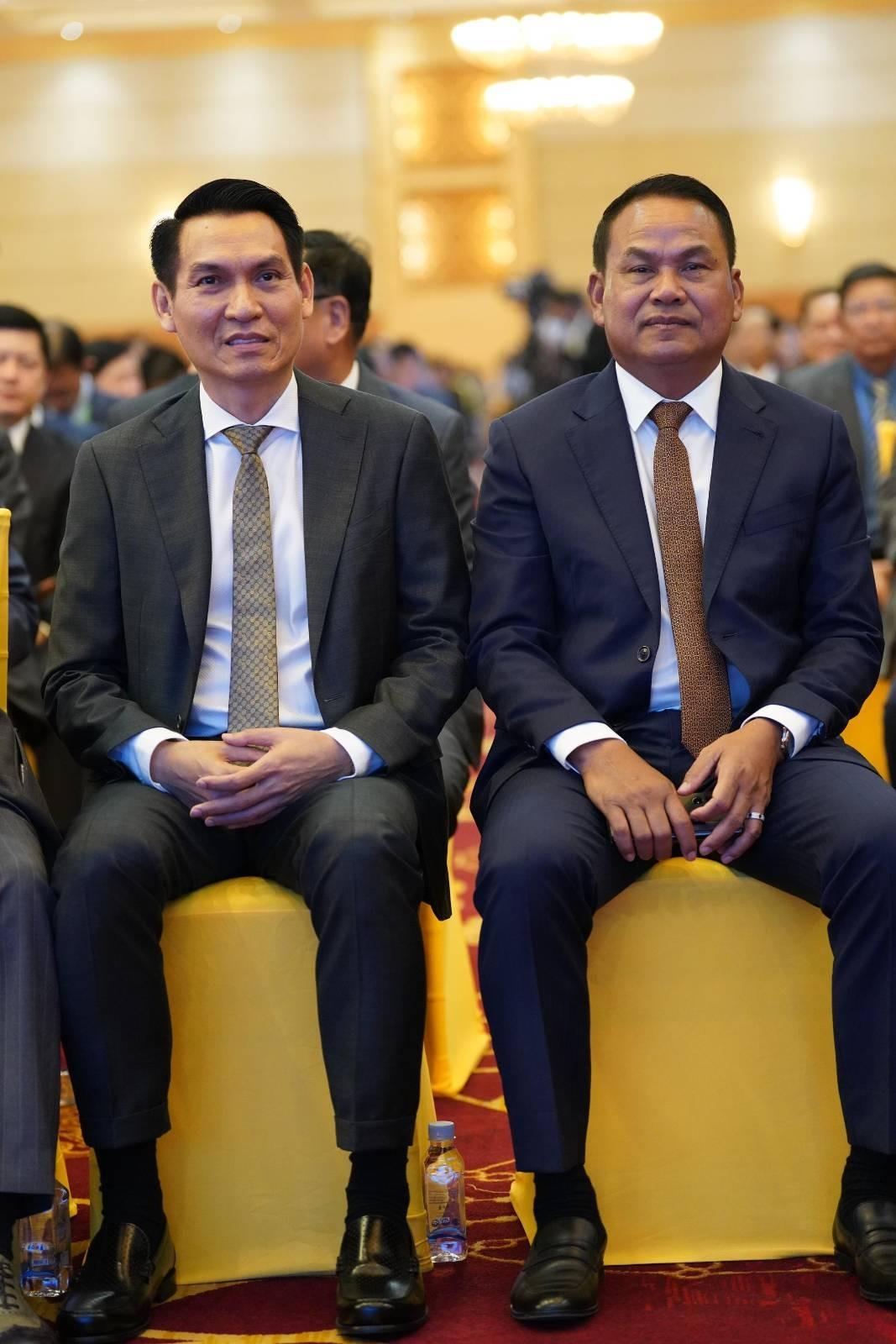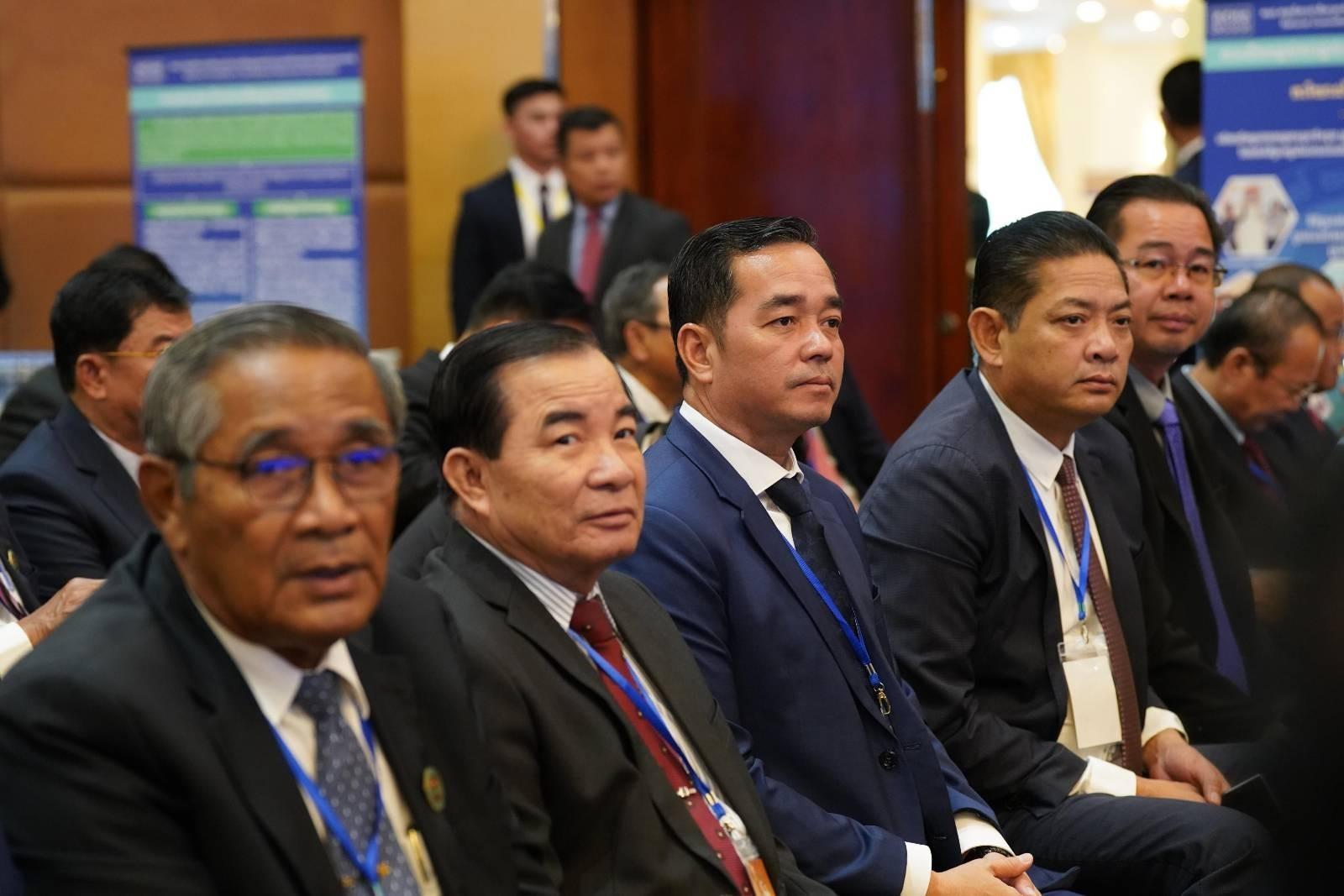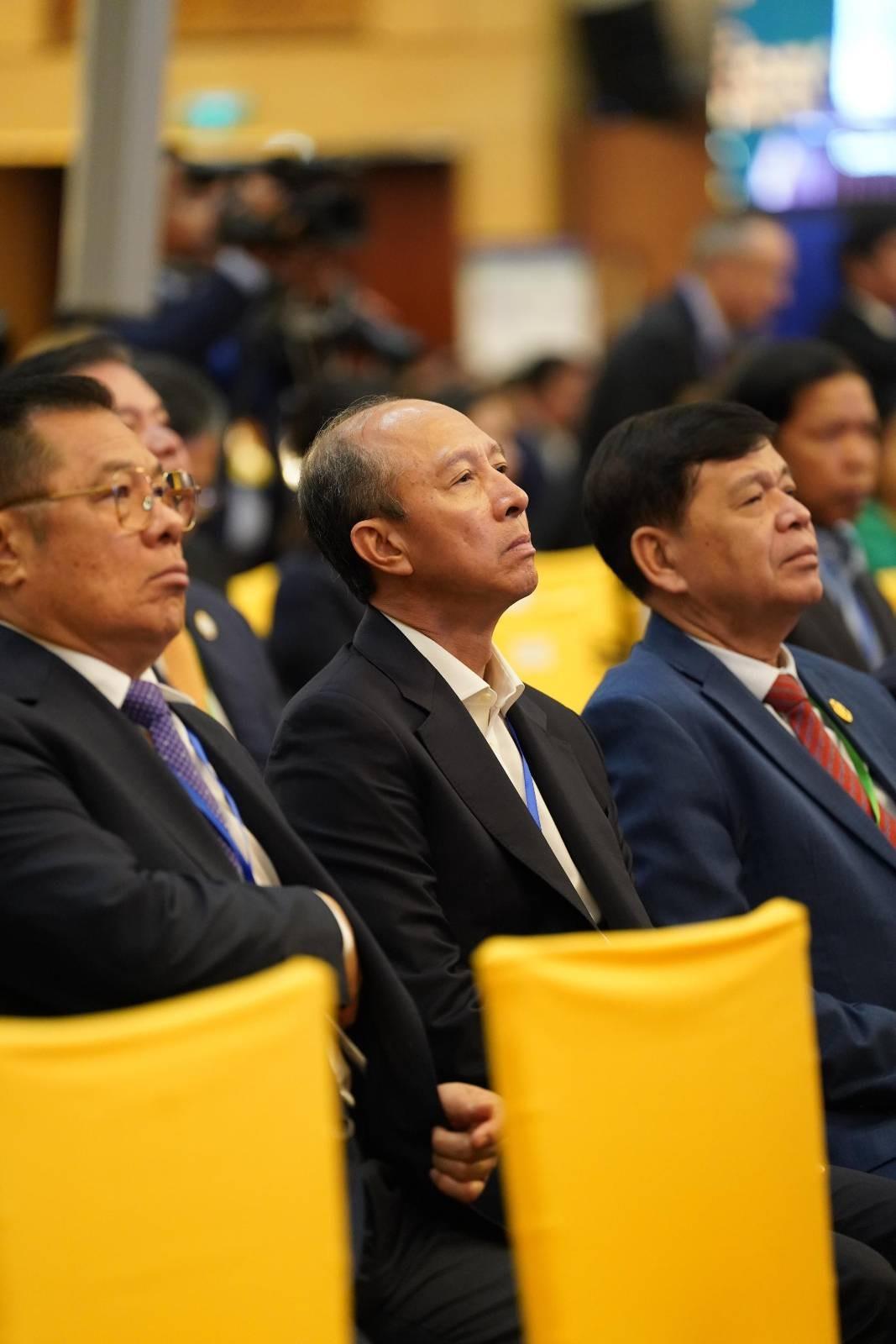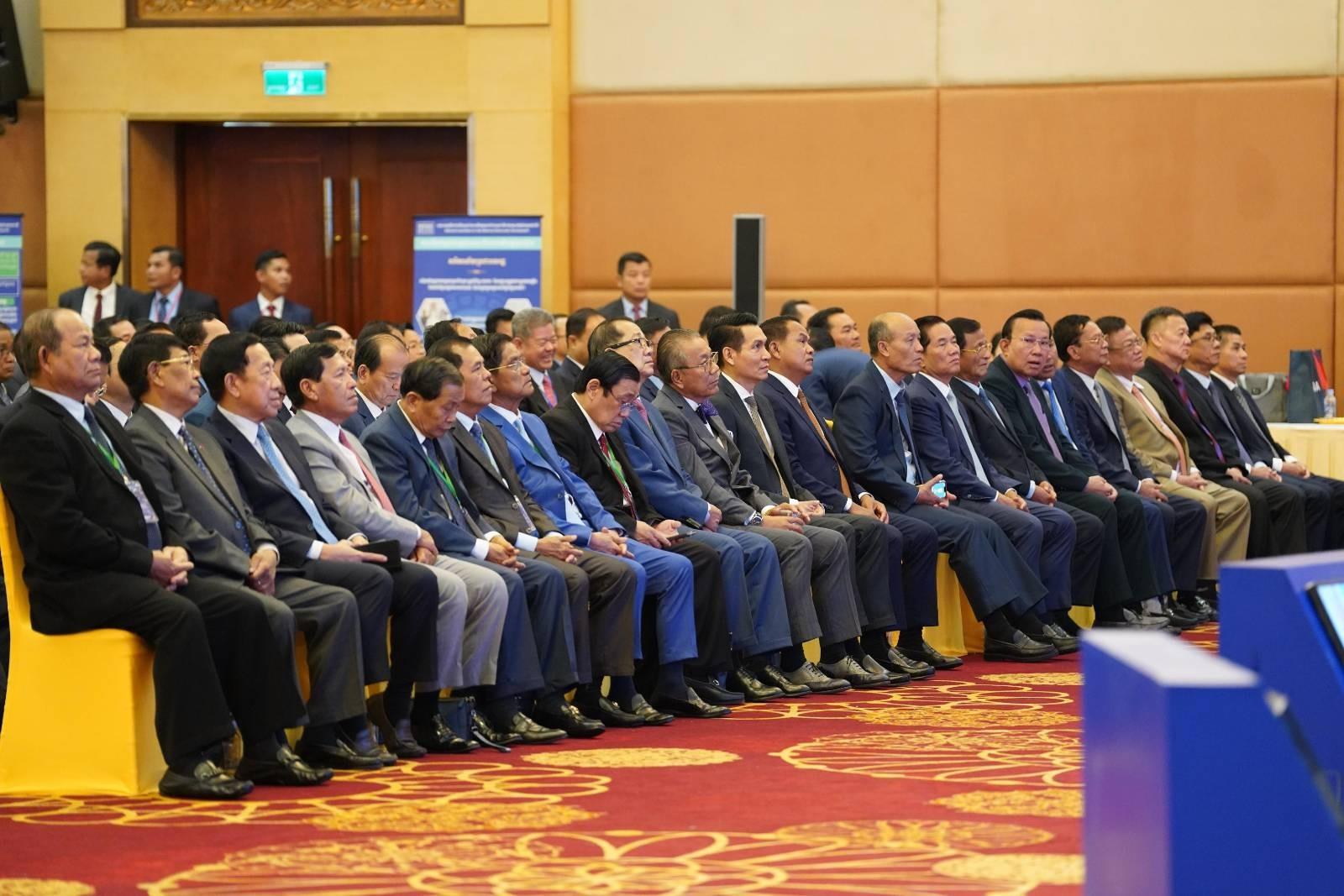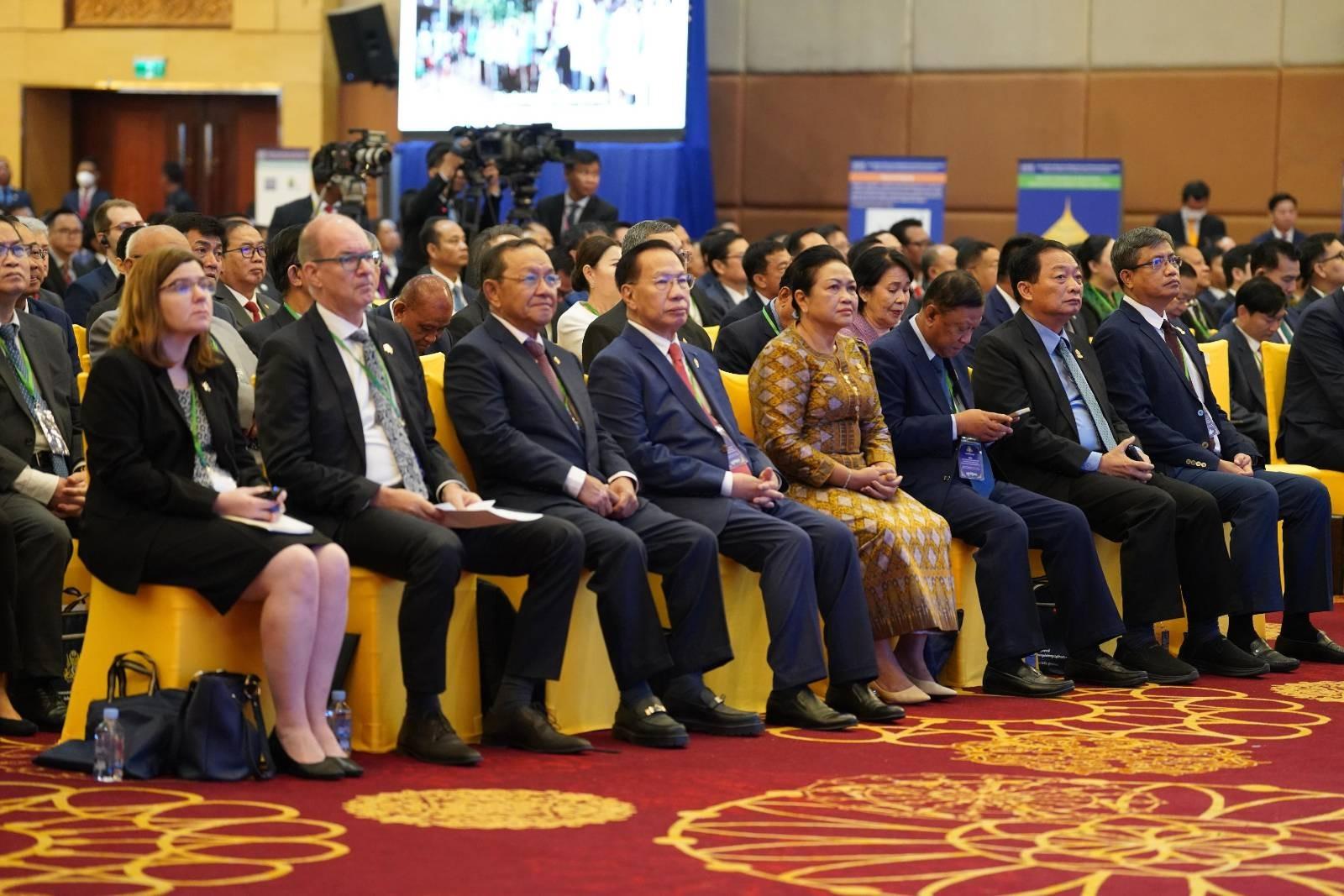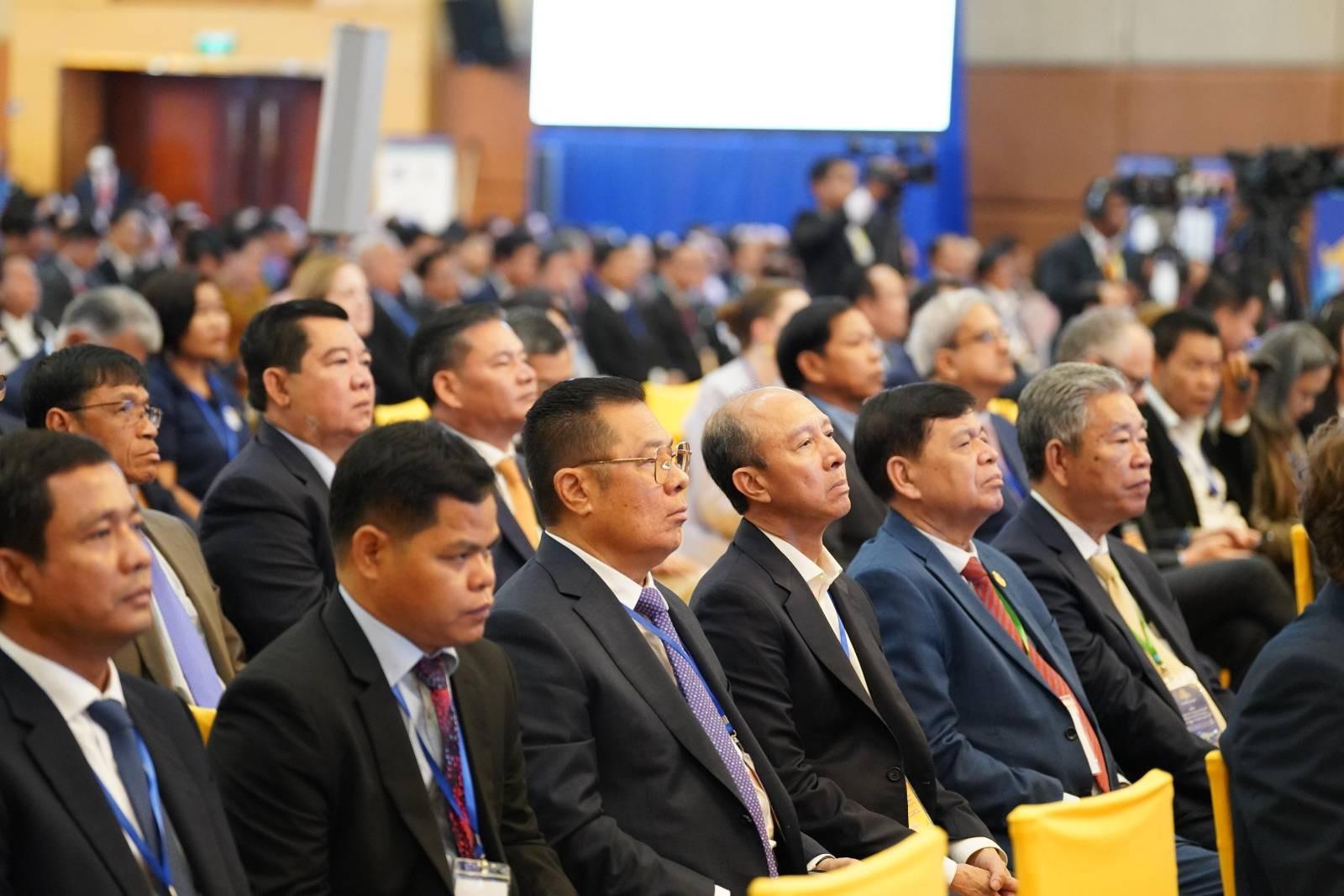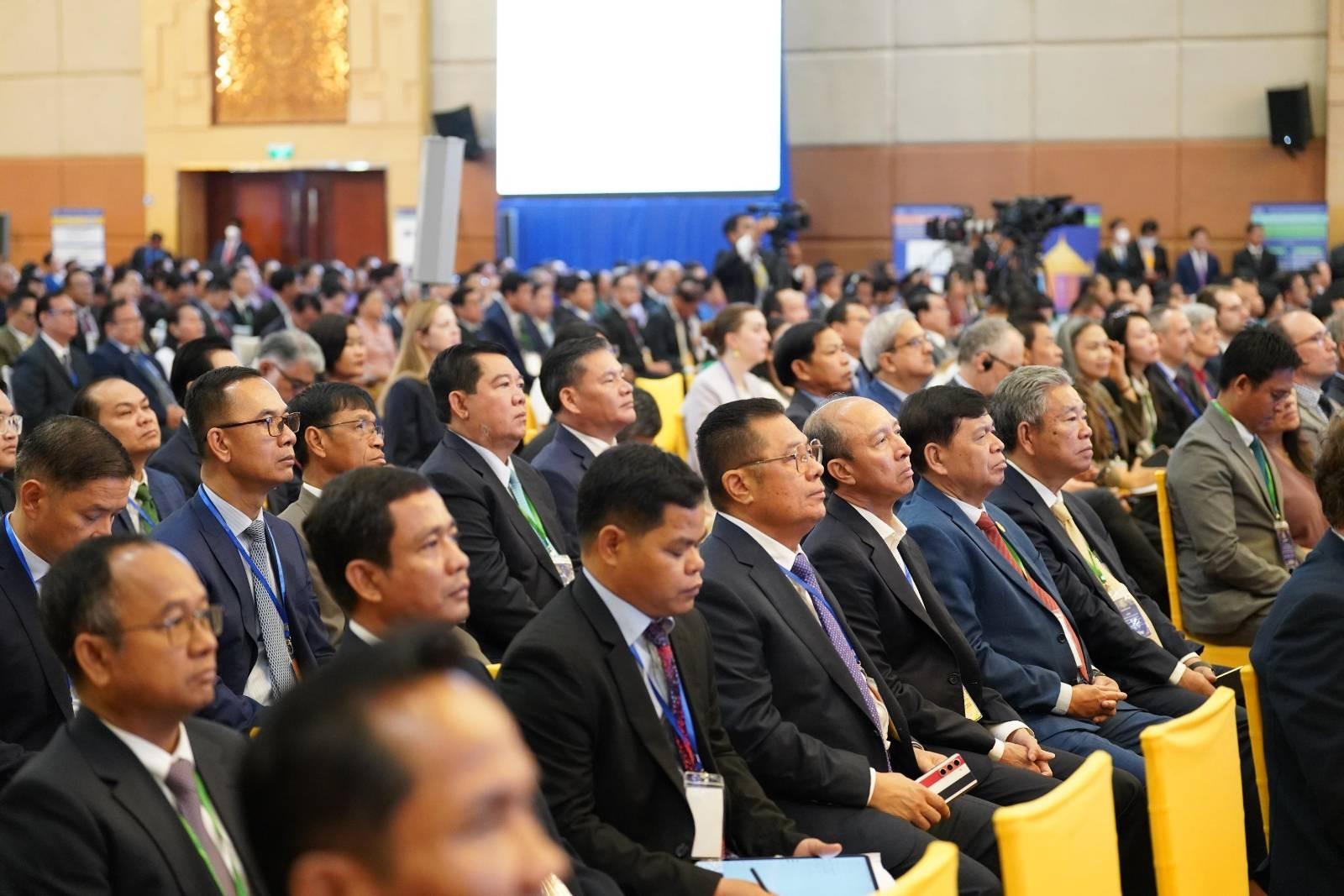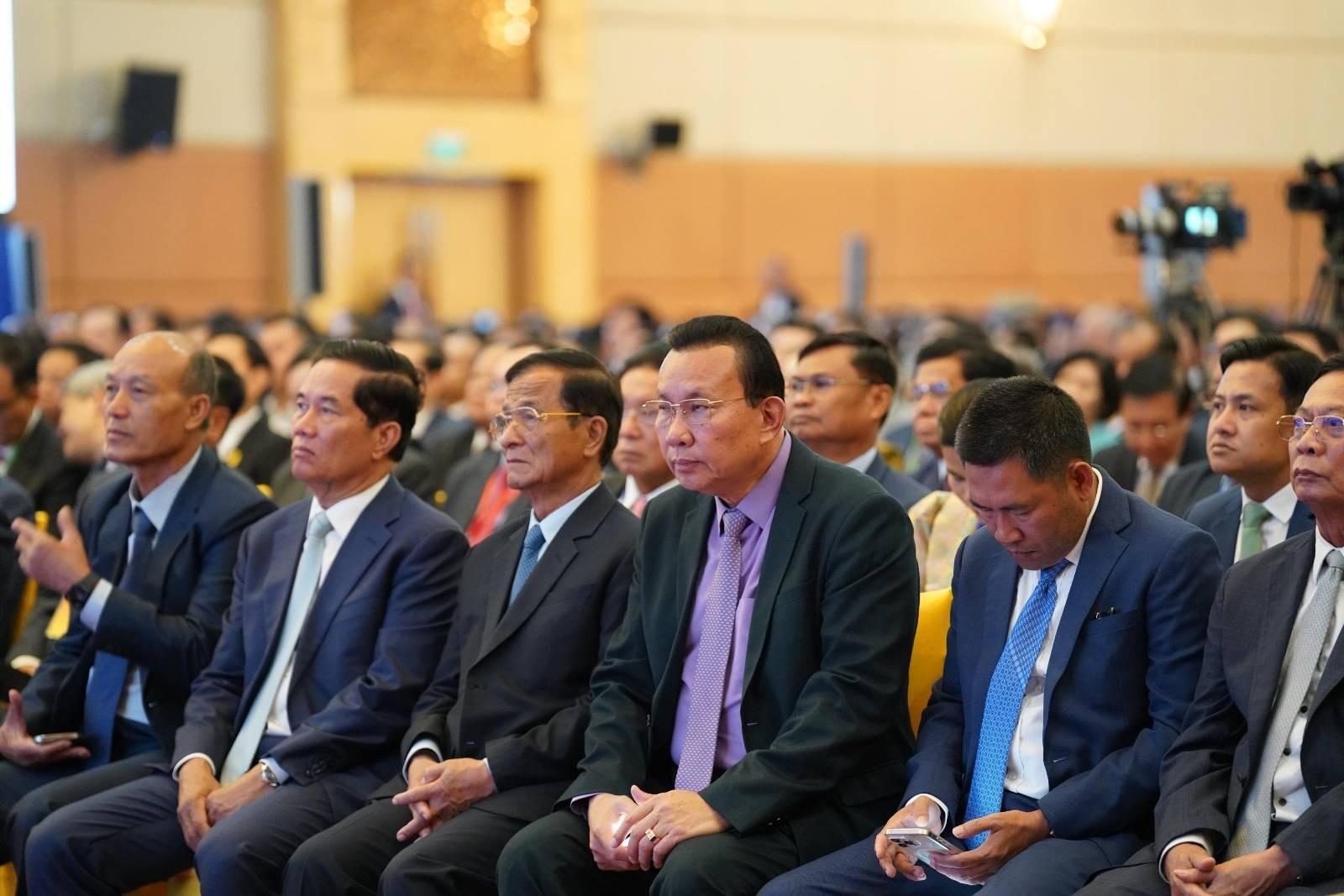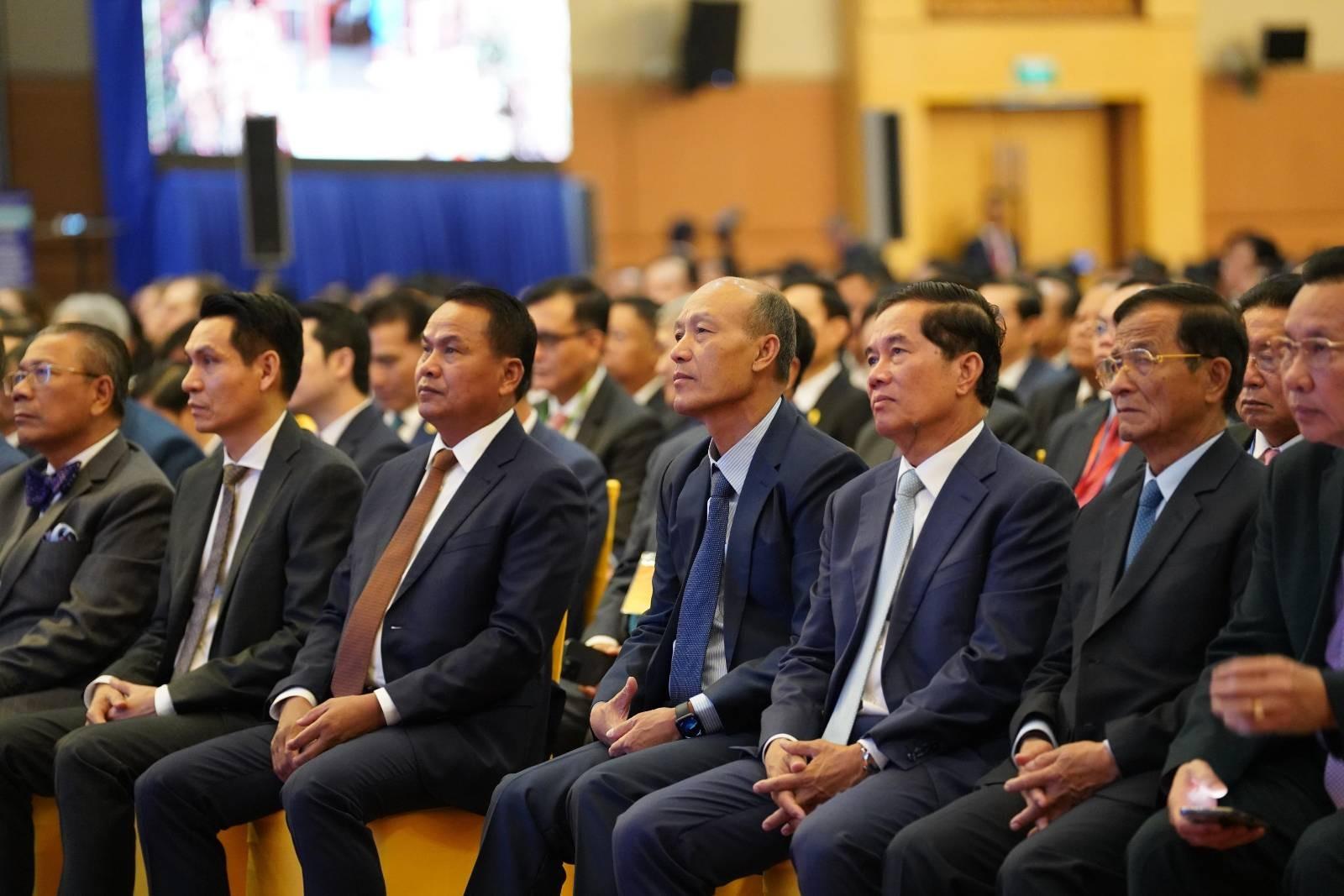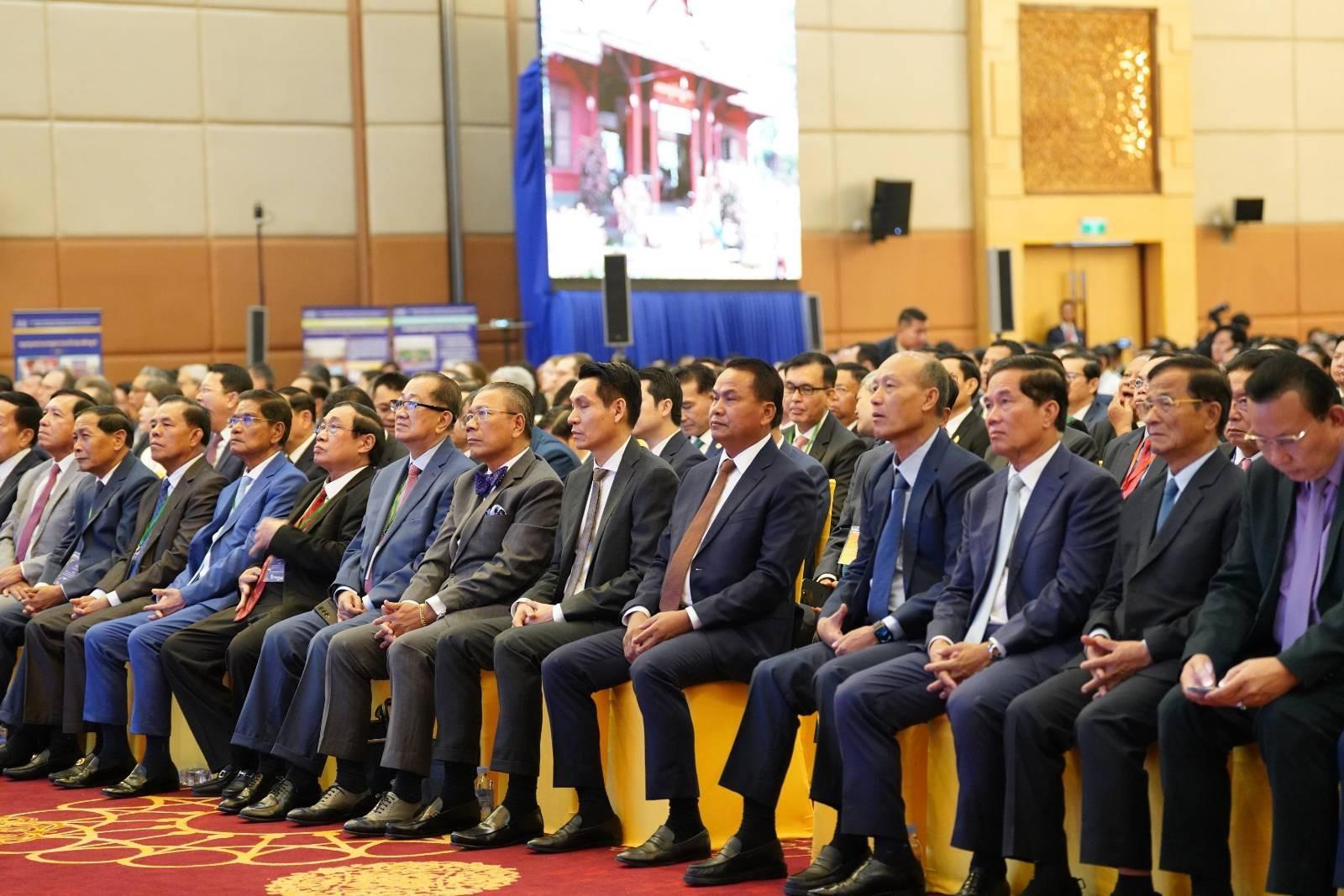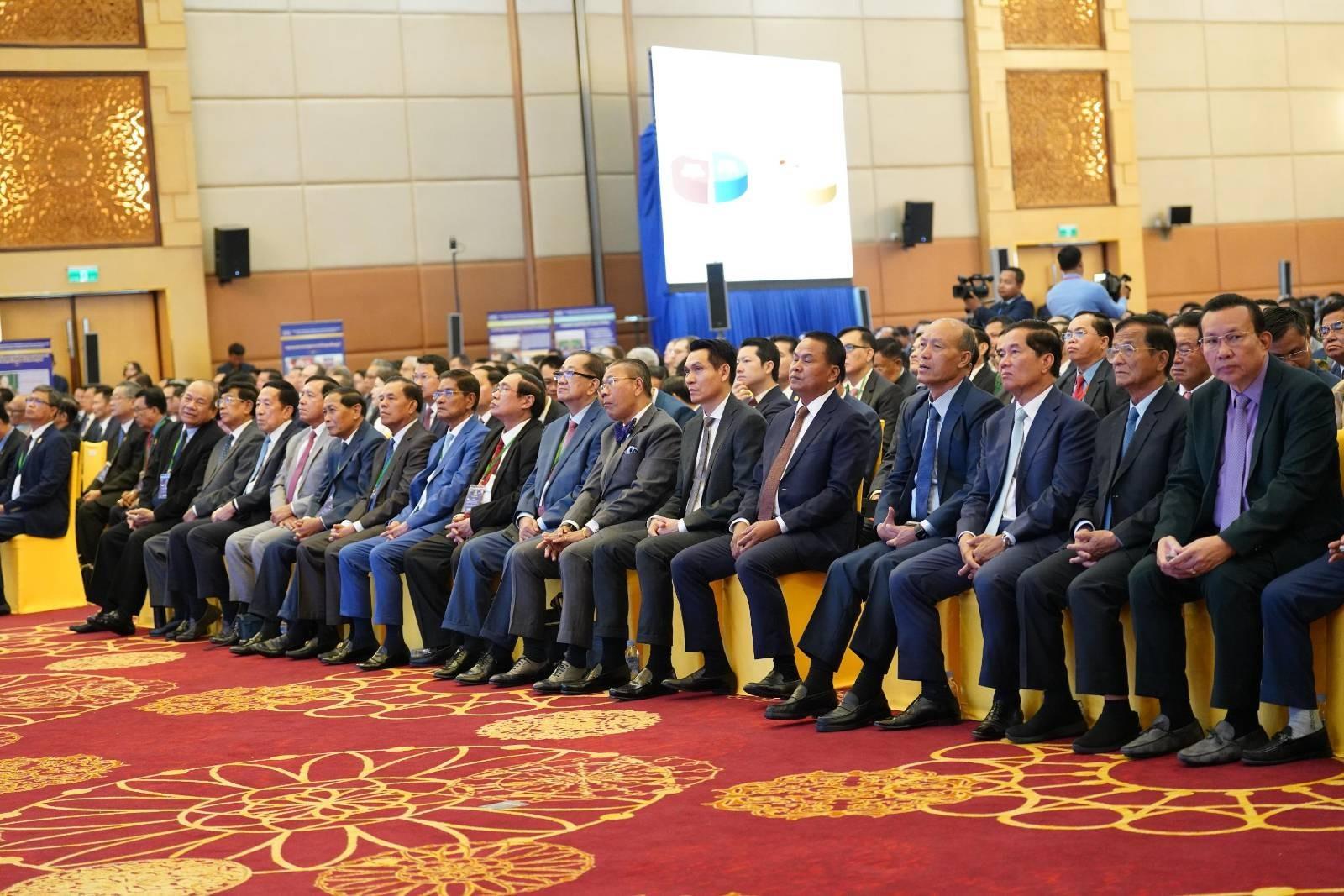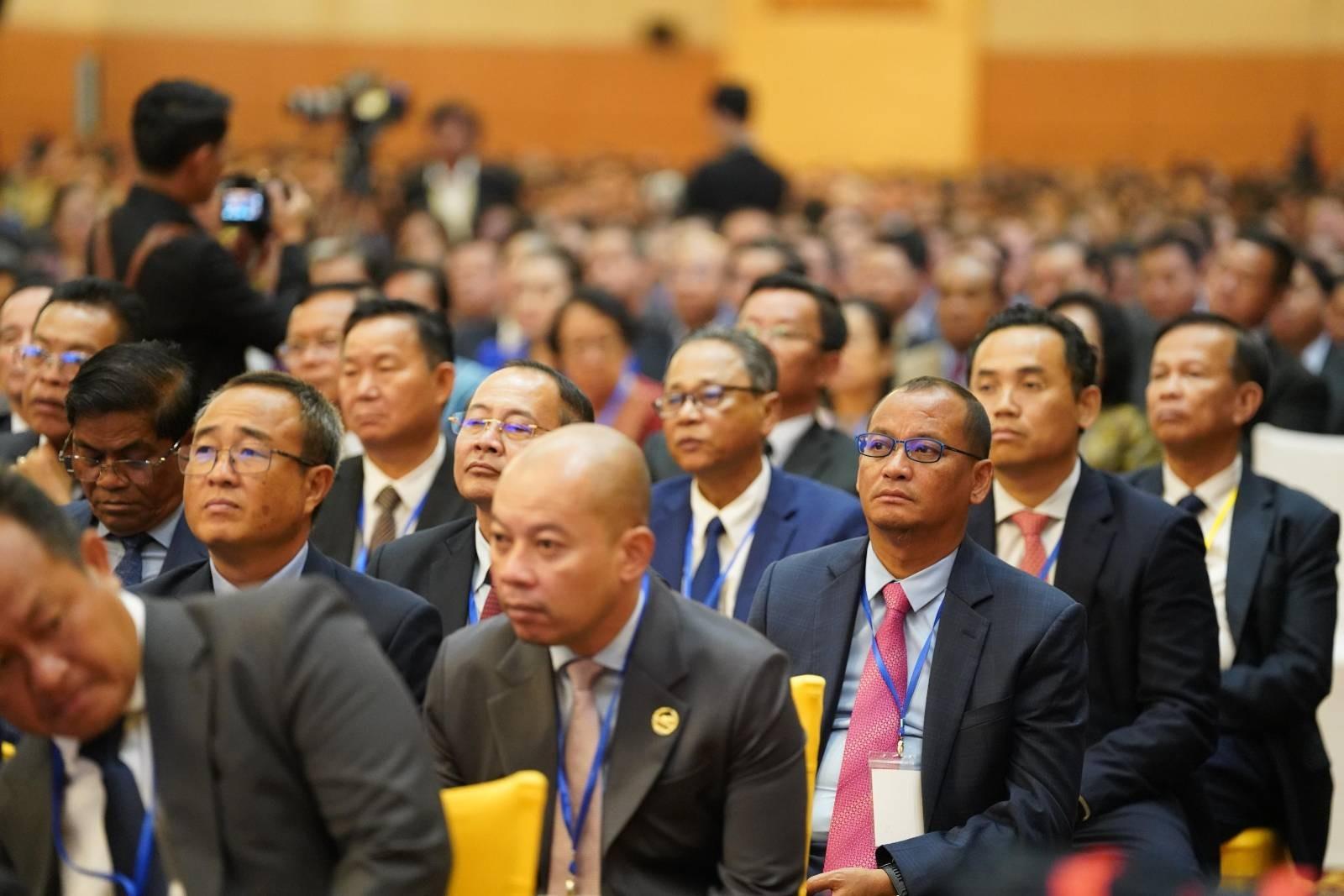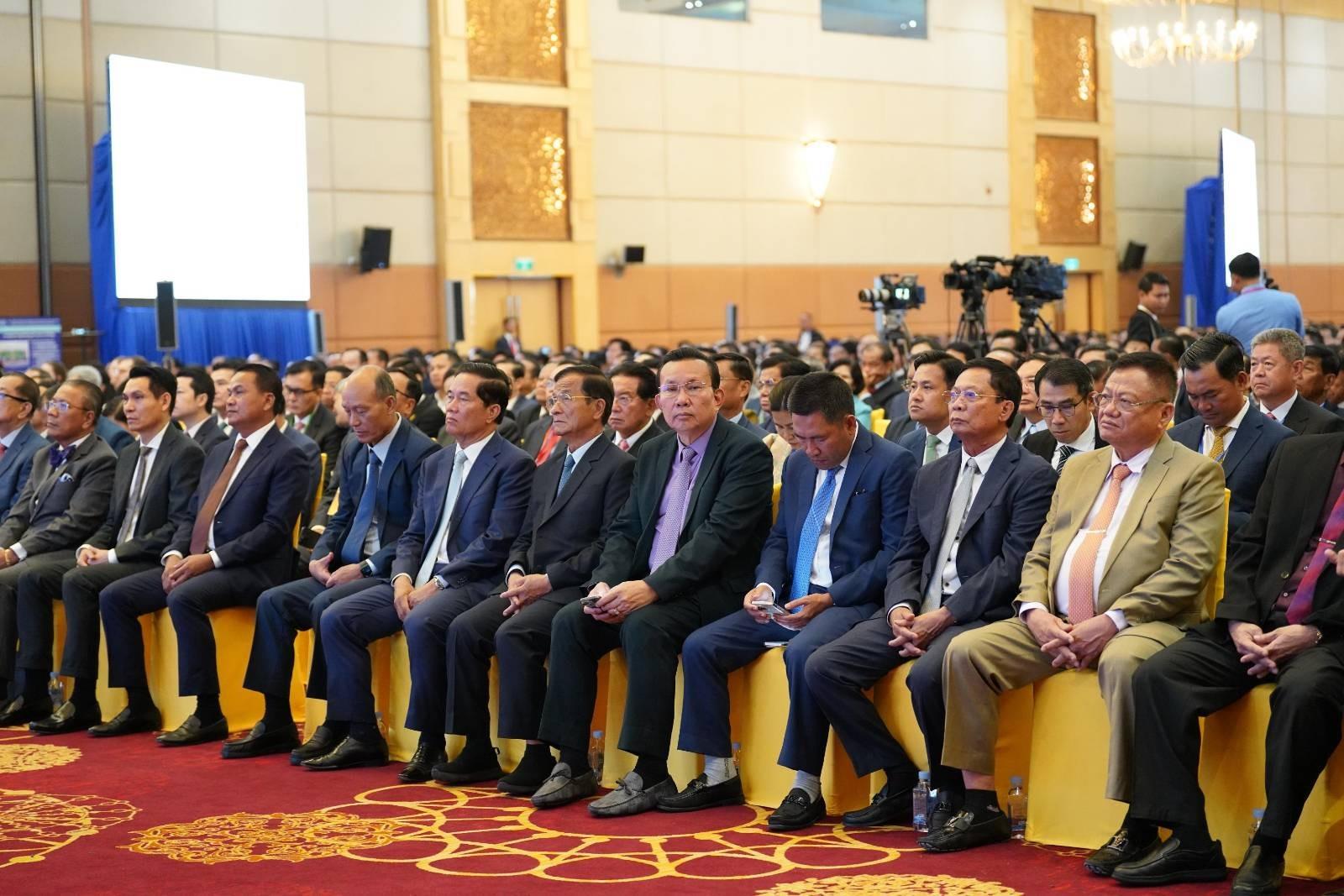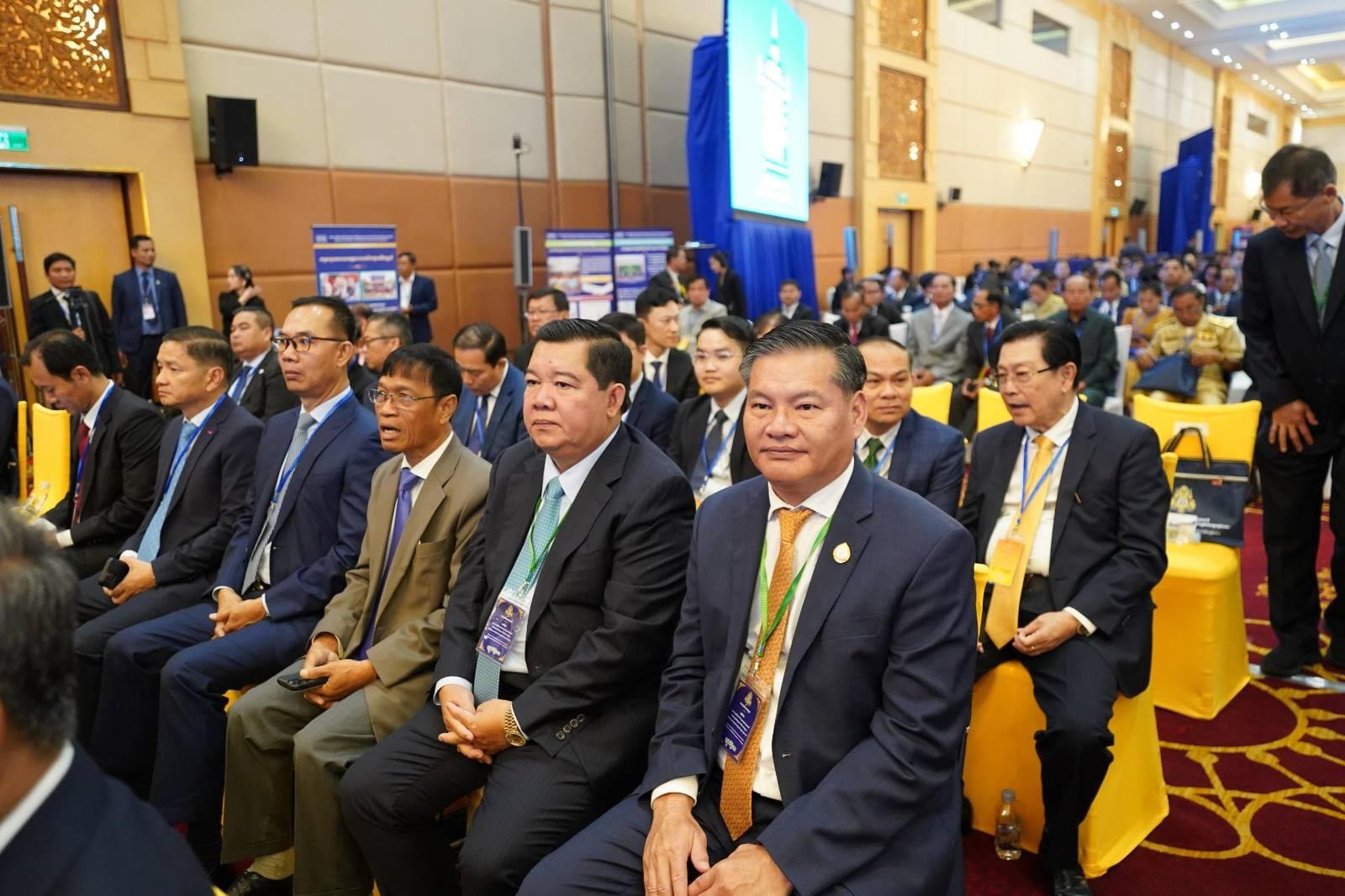Phnom Penh (FN), Mar. 18 – Cambodian Prime Minister Hun Manet took a moment to reflect on the historical events that led to the devastation of Cambodia, highlighting the country's progress toward peace and development during the Government-Subnational Administration meeting on Tuesday (Mar. 18) at Sokha Phnom Penh Hotel.
Samdech Thipadei stated, “On this day 55 years ago, Cambodia faced a pivotal moment that cast the country into uncertainty. Today, we gather in peace, discussing ways to serve our people better. It is a day of reflection and growth.” He also celebrated the progress achieved through collaboration between Cambodia and its national and international development partners.
On the occasion, Samdech Thipadei further underlined that Cambodian people have worked together to rebuild the country through decentralization, strengthening sub-national democracy and fostering sustainable, inclusive socio-economic development.
March 18, 2025, marks the 55th anniversary of a significant and tragic event in Cambodia's history — the constitutional coup that overthrew the former head of state, Norodom Sihanouk.
The coup, carried out through a vote in the National Assembly, plunged the nation into conflict. Orchestrated by General Lon Nol with the support of the United States, it not only ignited a civil war but also paved the way for the rise of the genocidal Khmer Rouge regime.
The 18 March coup transformed Cambodia from a monarchy to a Khmer Republic, setting the stage for a prolonged struggle for national liberation, the loss of tens of thousands of lives during the war, and the tragic massacres under the Democratic Kampuchea regime.
This period of turmoil saw many Cambodians fleeing into the jungle to fight for liberation, leading to the country's eventual liberation on 7 January 1979. However, Cambodia endured 12 years of economic sanctions from the international community.
The nation's journey to recovery included negotiations among Khmer opposition groups, which resulted in a ceasefire, the repatriation of the late King father Norodom Sihanouk, and his return to the throne. The United Nations also intervened through missions like UNAMIC and UNTAC.
In May 1993, Cambodia held its first general elections, despite a boycott by the Khmer Rouge. This led to the establishment of the first new government and the departure of the United Nations mission. However, conflict between the former government and Khmer Rouge guerrillas persisted.
The turning point came with the introduction of the "win-win" policy by Samdech Techo Hun Sen. This policy successfully ended the civil war, which had plagued Cambodia for nearly 30 years, finally concluding on 29 December 1998.
Without the coup that overthrew the late King father Norodom Sihanouk, Cambodia may not have fallen into the flames of war. Similarly, without King Sihanouk's call for Cambodians to take up arms in the jungle, the story of the young Hun Sen — who played a significant role in rescuing the country — might not have been written.
At its lowest point, Cambodia was on the brink of collapse, but through the leadership and policies of Samdech Techo Hun Sen, the nation has risen from devastation to become a developing country that plays an increasingly significant role in Southeast Asia. These are the undeniable truths of Cambodia's national history.
=FRESH NEWS

